Land Hey(Sisters duo|“The Power of Sign Language” delivered by sisters)
2025.10.09
Staff member of the Nippon Foundation
Tokyo 2025 Deaflympics Ambassador
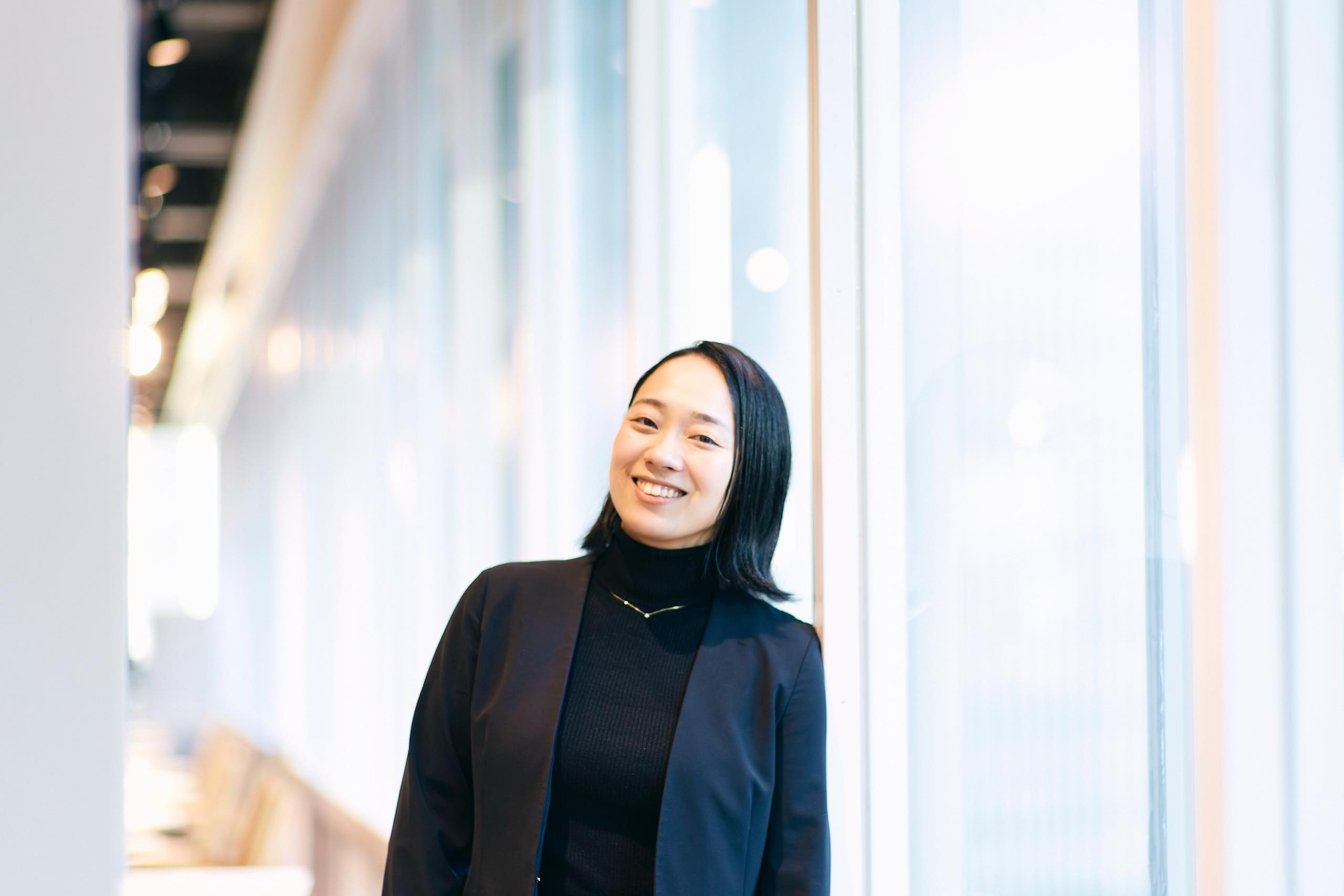
2025.01.20
In 2023, Ikumi Kawamata was appointed as a Tokyo 2025 Deaflympics Ambassador.
She has been in charge of projects including opening schools for deaf children in Asia at the Nippon Foundation.
“It’s important to meet the people involved.” With that in mind, she stands out and devotes herself to her activities as a support ambassador.
The Deaflympic year has finally arrived. What is the driving force behind her and the message she wants to deliver?
目次
―Please tell us about your childhood. It seems that the cause of the deafness was a high fever, but what was the situation?
Kawamata When I was 3 years old, I had a series of measles and mumps and a high fever. After that, the fever went down, but there was no response when the parents called out my name. When I was examined at the hospital that something was wrong, it turned out that I was deaf. To be honest, I don’t remember that time at all. I don’t have much memory of hearing in the first place.
The words “loss of hearing” and “unable to hear” are used to describe the loss of hearing, but I would like to stick to the phrase “I became deaf” when explaining myself. When you say that you can no longer hear, it seems like you have lost something that should have been, and you have lost something. But that’s not the case, it’s just that I’ve changed from hearing to deaf. There are many good things and things I have gained from being deaf, and I don’t want to just say that “I have lost my hearing”. I want to bring my identity as a deaf person to the forefront.
―Was there anything that made you start to be aware of becoming deaf?
Kawamata I wasn’t particularly aware of the fact that I couldn’t hear until I was about 6 years old. The first time I became aware of… was I think when my parents told me to make hearing aids when I entered elementary school. I can’t hear, so I need hearing aids. But this is the same as wearing glasses, isn’t it? I wore glasses because it was difficult for me to see, and in the same way, I wore hearing aids because it was difficult for me to hear. In fact, I started wearing hearing aids in the third year of elementary school, and it was around that time that I began to notice the difference in my deafness. And it was around junior high school that I started to worry about why I couldn’t hear. It was around the time I became an adolescent and started to think about the difference between myself and others.
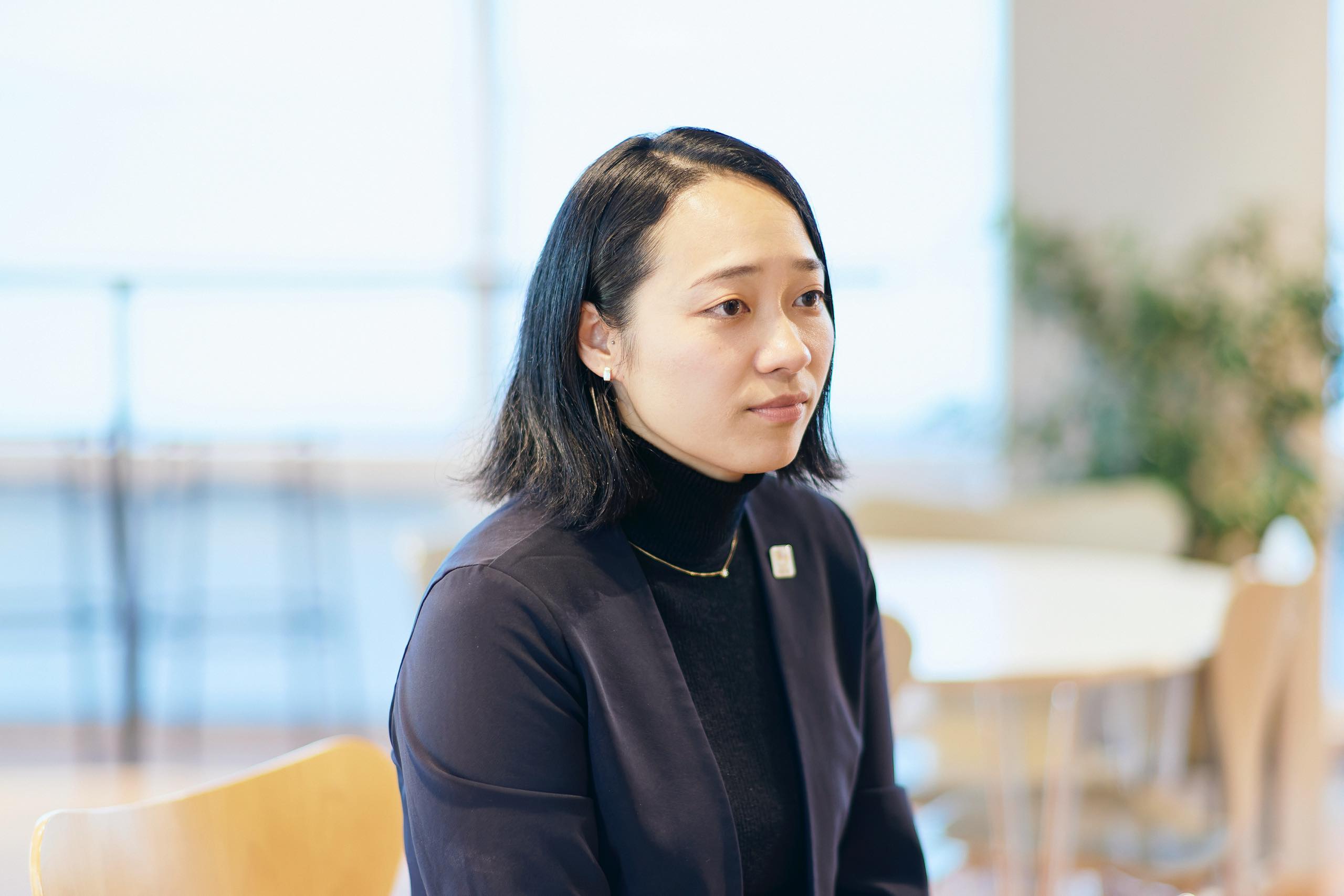
―What kind of worries did you have in junior high school?
Kawamata I was born in Utsunomiya, and I went to an elementary school near my home and a school for the deaf in junior high school by train, and I spent my school life with people who could hear. I studied major subjects such as math, science, and Japanese in a deaf class, and studied with people who can hear for other subjects, such as physical education and technology. Since the class proceeds at the pace of the people who can hear, there were times when I couldn’t fully understand the teacher’s lip reading, and I couldn’t understand it myself, and I couldn’t participate in the discussion in group work, so I just waited for the results. When I was going home with a group of friends, I couldn’t hear what they were saying, so sometimes I just had to follow them, which was a little painful.
I can’t understand the content of the class, and I can’t join into conversations well. The people around me support and encourage me, saying, “You don’t have to do it,” “I’ll do it for you,” or “You’re doing your best even though it’s hard because you can’t hear,” but that’s from the perspective of “I can’t do it because I can’t hear” and “It’s hard and pitiful to not be able to hear.” Gradually, I came to think that I was inferior to others for not being able to hear, and that I had to get closer to people who could hear, and as a result, I came to think that it was better to hide that I couldn’t hear. That’s why when I was in junior high school, I hid my hearing aids with my hair so that they couldn’t see them.
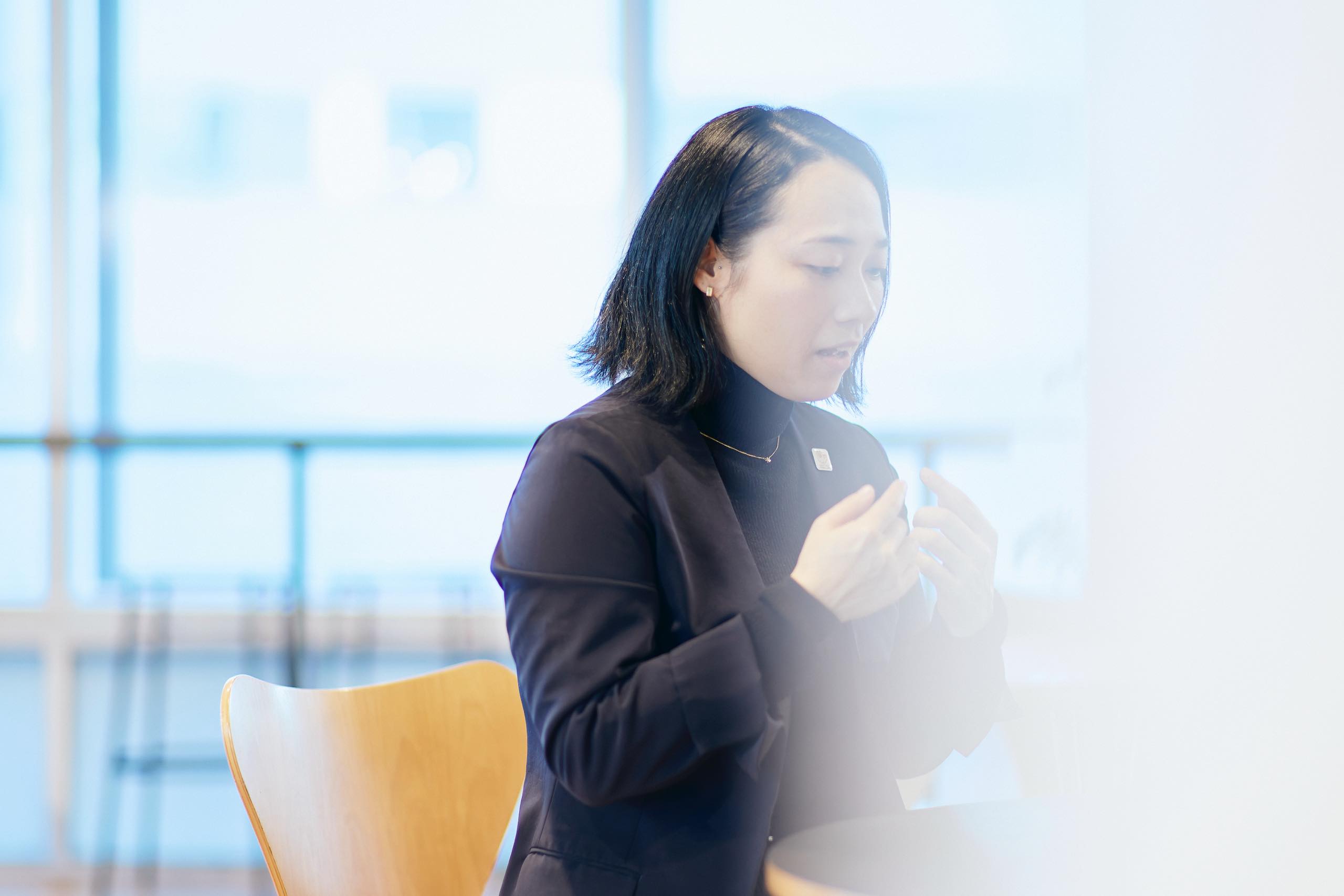
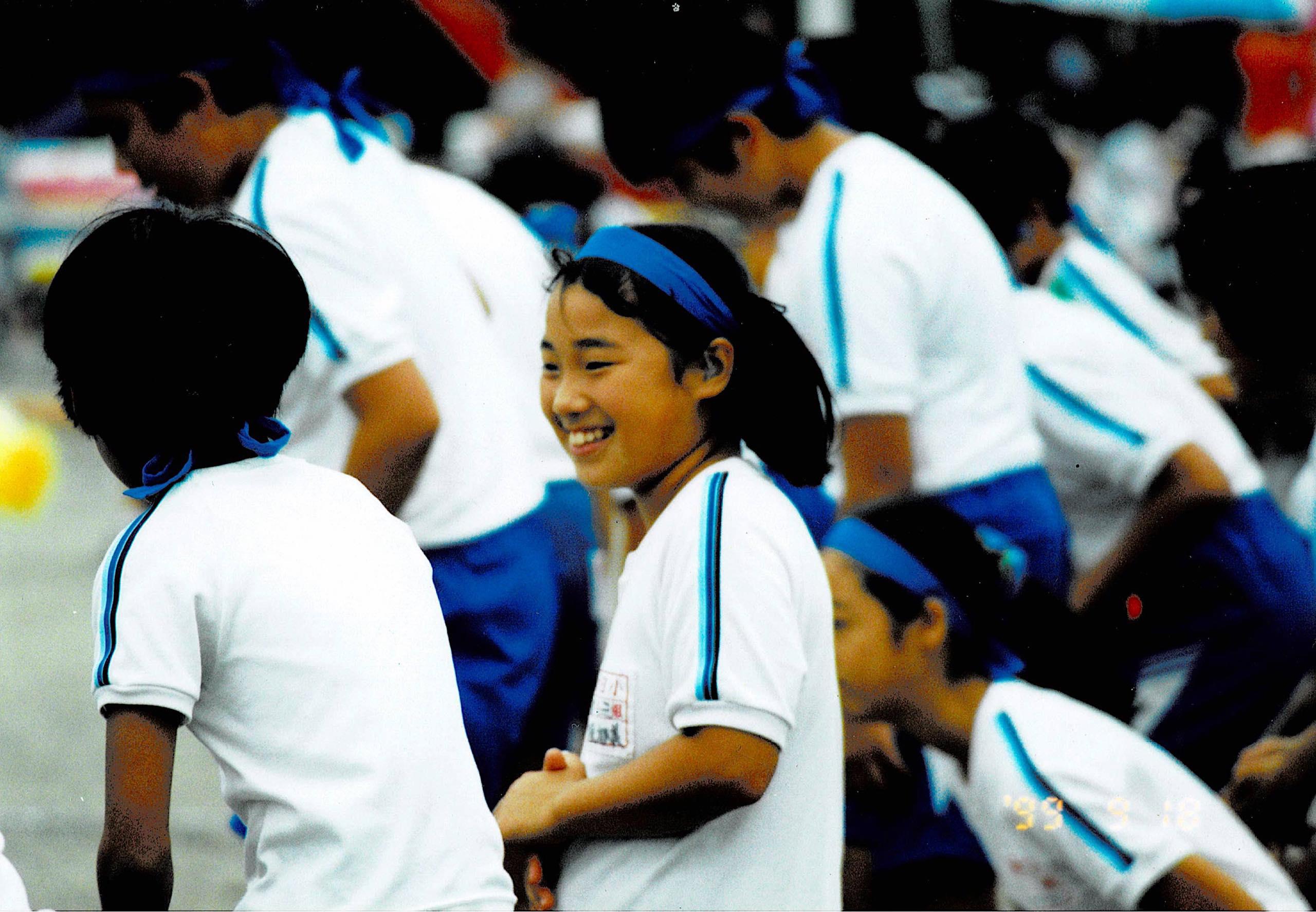
―Now you seem to be cheerful and happy, and I can’t imagine that you had that kind of consciousness. What made you change your mindset?
Kawamata My encounter with Mariko Takamura (*) has significantly changed me. Mariko Takamura was a part-time English lecturer at Tsukuba Technical College, and she was very active, starting her own organization and inviting Deaf theater companies from the United States to perform in Japan. When I was in my third year of junior high school, Mariko Takamura came to Tochigi, so I was able to meet her. She was also deaf, but she was very bright and didn’t hide her deafness at all. I was very influenced by her appearance. I was able to hear about the United States from her, and I learned about Gallaudet University, where I studied abroad.
*Mariko Takamura(1958-2006):She has been severely deaf since childhood and began using sign language when she met a sign language speaker in the third year of junior high school. In 1995, she established “WE”, a social enterprise dedicated to providing social support to the deaf and hard of hearing. Introducing the cultures of deaf people from around the world to Japan. At the same time, she carried out a variety of activities including the anchor person of NHK’s “Living Deaf: Living with Deafness,” a part-time lecturer at Tsukuba Technical Junior College (now Tsukuba University of Technology), teaching American sign language, teaching sign language dance at schools for the deaf not only in Japan but also in Southeast Asia, writer, and lectures.
―Ninety percent of the students at Gallaudet University are deaf, but what did you feel was the difference between the schools you have attended so far?
Kawamata I used to go to a school for people who could hear, and there was a deaf class in junior high school, but the teachers and students mainly spoke with fingers and oral language, so they couldn’t use sign language. At Gallaudet University, almost everyone, including students, teachers, and staff, can use sign language. I was able to use sign language in both the cafeteria and the shop, so I didn’t have any problems communicating in sign language during my university life. What surprised me in the class was the amount of information. In the past, when the teacher was speaking, I would concentrate on the mouth and understand the content, and I managed to take notes. However, in an environment where everyone can use sign language, for example, you can understand what the student next to you said in response to what the teacher said, and even the small talks between students and someone talking out loud. In the past, I used to concentrate only on the teacher, and when the teacher nominated a student, I looked at the person and learned what was said for the first time, but now I can see who is talking about what and get information from it. I realized once again that I had been studying with a very small amount of information.
And I can have discussions. I mentioned earlier that in group work, I couldn’t participate in discussions and just waited for the results, but at university, I can have discussions and think together. I really enjoyed it, and I was able to realize the joy of learning at university.
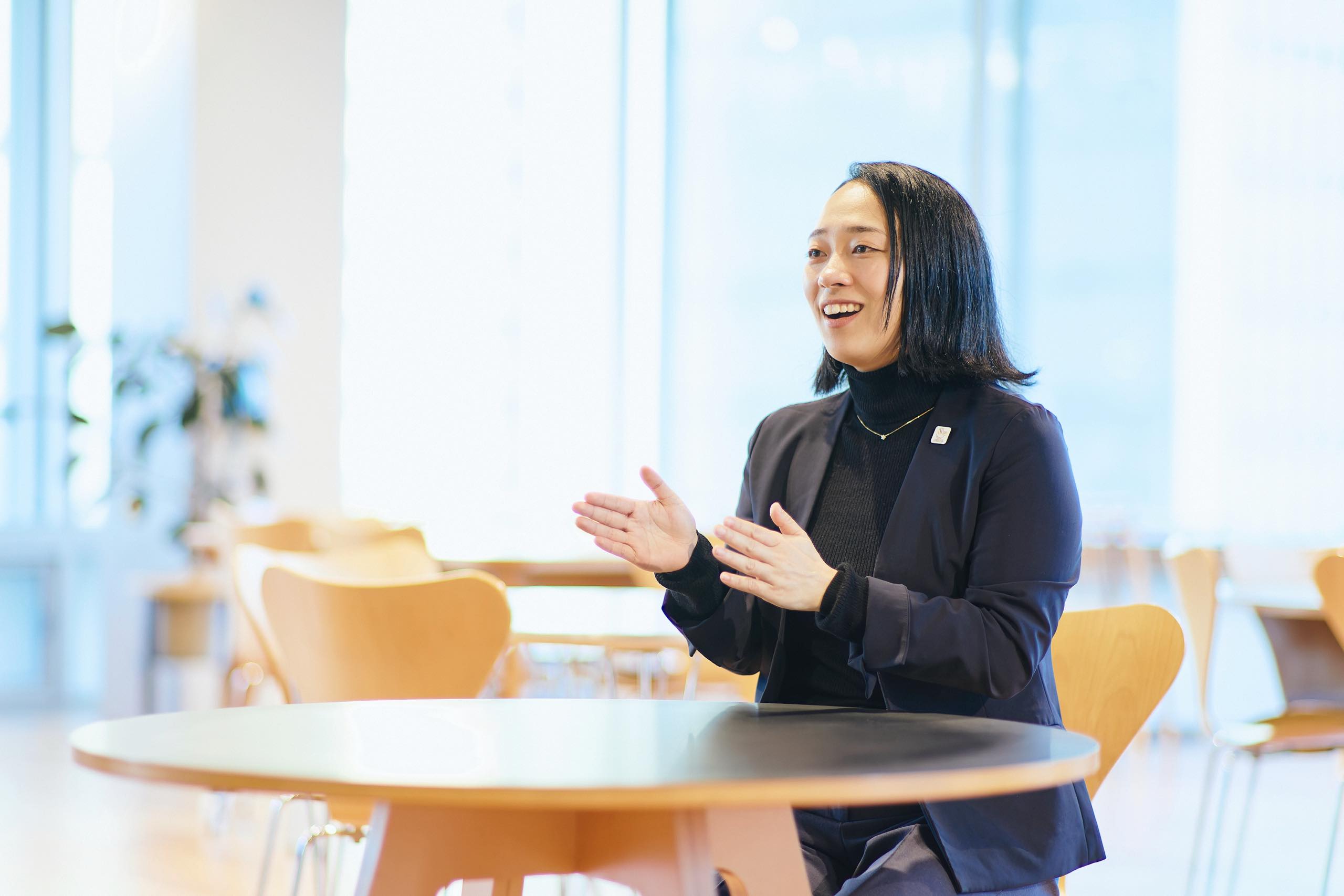
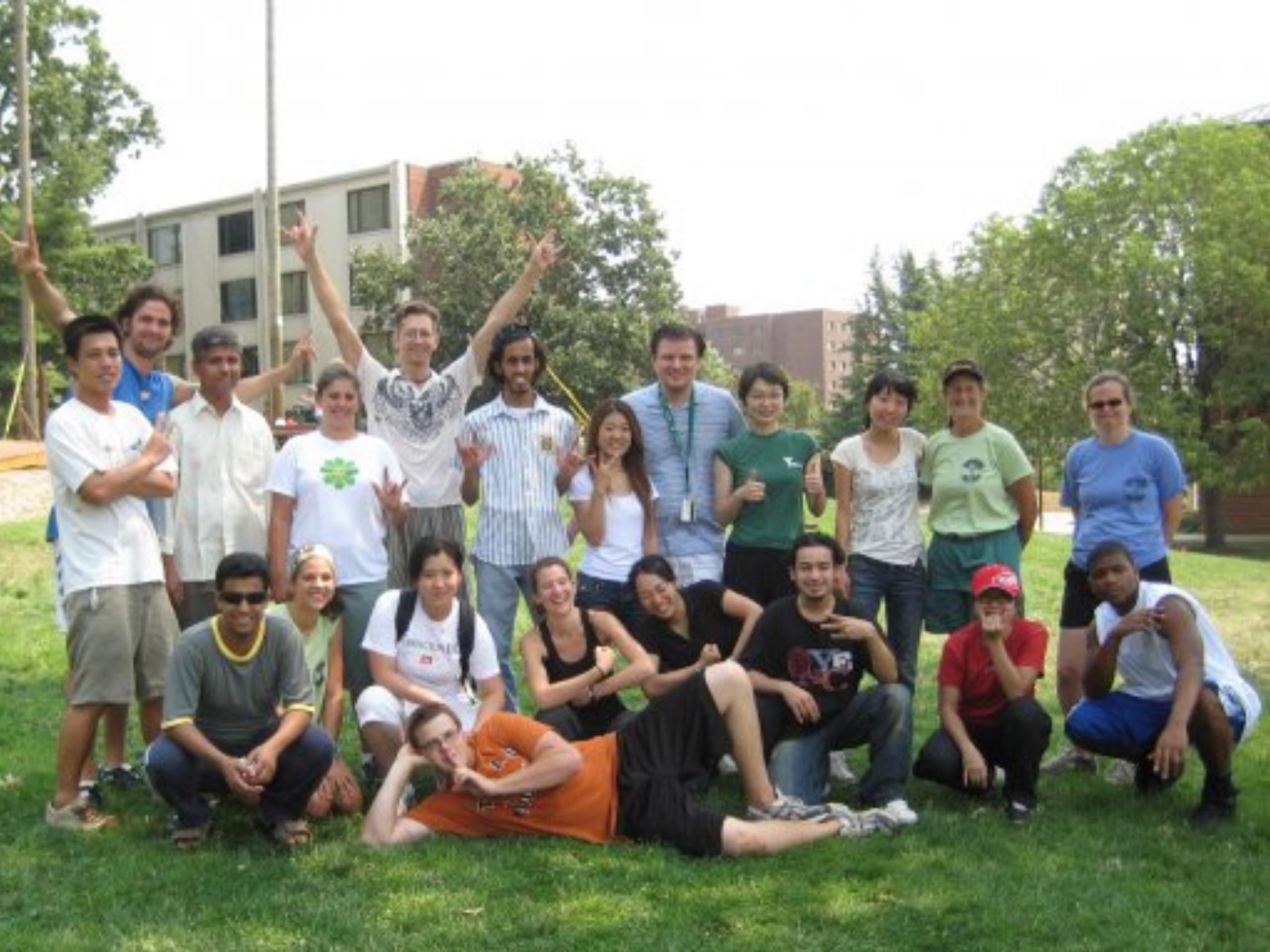
―Was there anything in terms of facilities?
Kawamata Generally, when I want to get attention, I say “Yes, everyone, look here,” but in the case of deaf people, we flicker lights. The light switch is usually located at the entrance door, but at the university, it was also under the whiteboard in all classrooms. There is a light switch under the whiteboard, so we don’t have to go all the way to the entrance and waste time moving around during class. In addition, all classrooms also had a video call, and if there was a problem, such as a projector not showing or the lights not working, we could talk to them in sign language from the spot and contact them.
Classes are conducted in sign language, but reading and writing are in English, and reports are submitted in English or American Sign Language. When submitting a report in sign language, we had to record a video of the presentation in sign language and submit it, but we also had equipment such as a studio and a computer to shoot and edit it, so it was an environment that students could use freely.
―The environment is very well maintained. Is there anything else that left an impression on you?
Kawamata Sign language is always included in events, so you can participate after class. If this is a general school, you may have to check in advance whether there is a sign language interpreter, make your own reservation for a sign language interpreter, or not be able to provide an interpreter depending on the event. However, at Gallaudet University, sign language was the norm, so I was able to enjoy without the stress of communication. At the same time, I realized that this is “normal” for people who can hear. In addition, there are many deaf people at the university, and there were clerks who were deaf or hard of hearing or who could use sign language at restaurants and bars around the school, who understood deaf people. I was impressed by the fact that there were many events outside the school where I could participate in sign language.
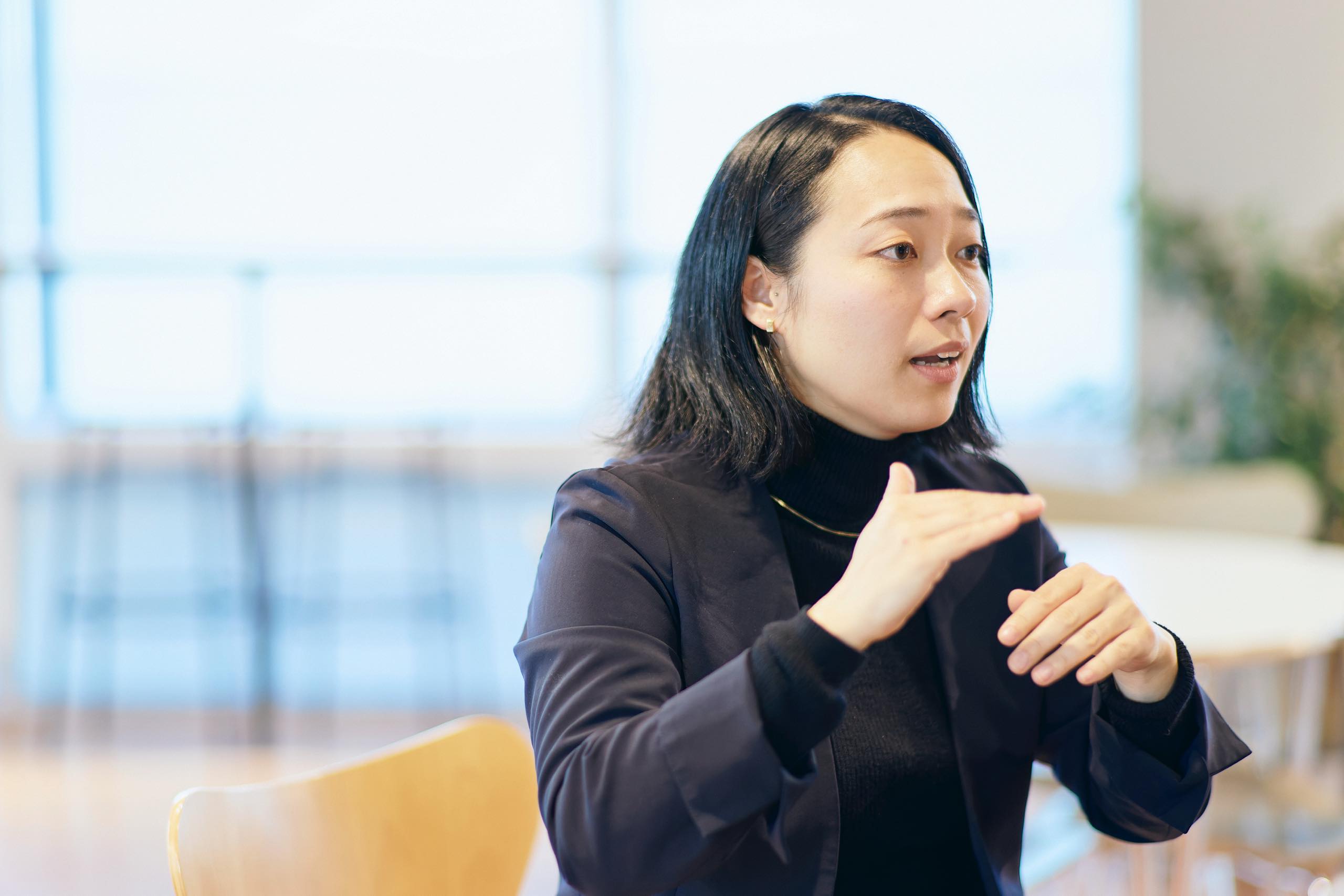
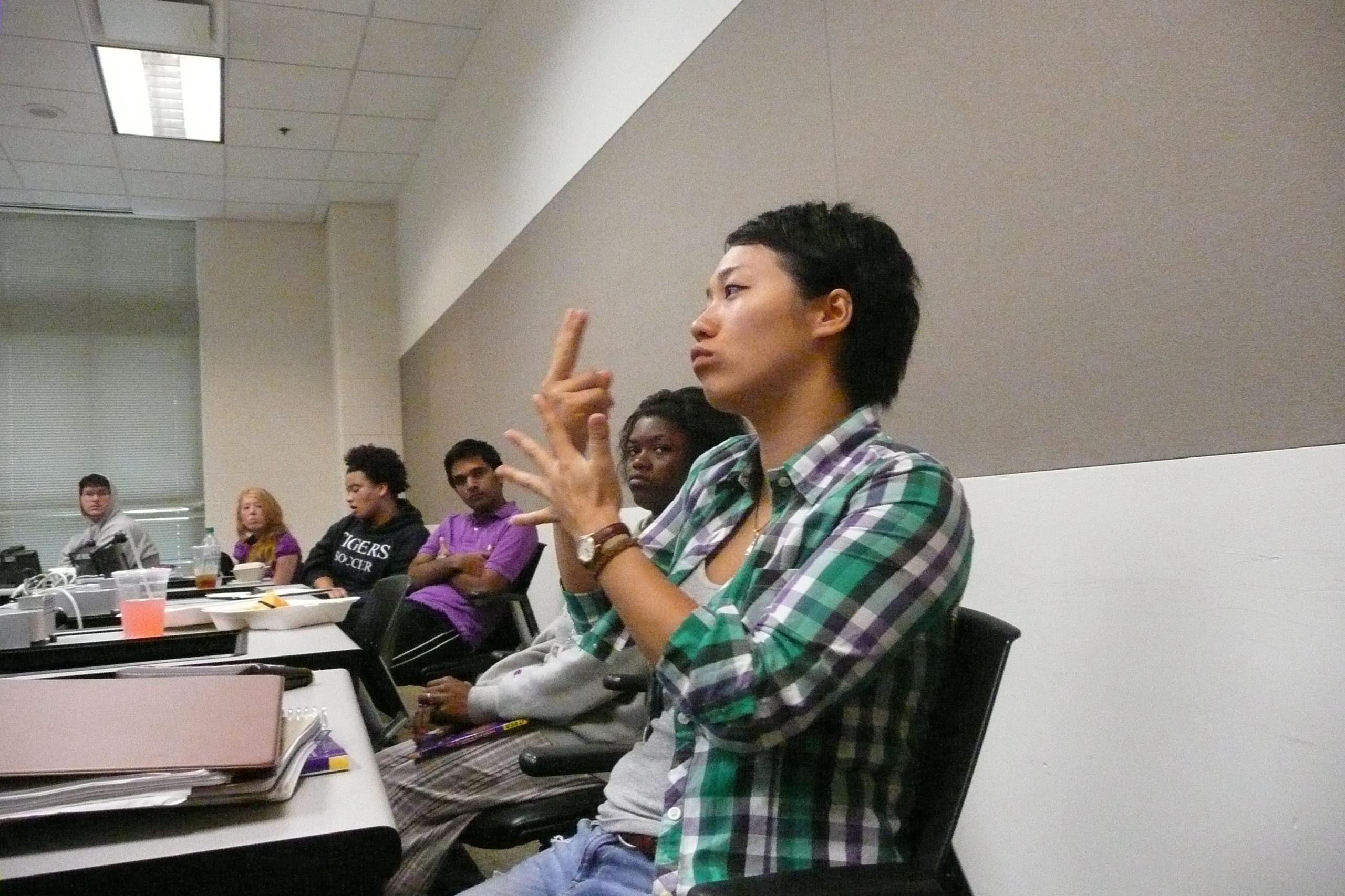
―I can see from your expression that you had a fulfilling university life. What was your major?
Kawamata I majored in social work for my bachelor’s degree and international development and public administration for my master’s degree. I studied abroad to do international cooperation and because I had dream to make it possible for children who could not go to school, especially deaf children, to go to school. Gallaudet University did not have a bachelor’s degree in international cooperation, so at first I thought that the Faculty of Education would be a good choice, but when I consulted with Ryota Takayama, who was enrolled in the Master’s Program in Social Work at the time, he advised me that “international social work would be a good choice”, and he introduced me to the professors of the Faculty of Social Work. International social work is designed to support people whose lives are difficult due to the lack of a system in the international community, and I thought that here I might be able to approach deaf children in need, so I got a bachelor’s degree in social work.
―You are currently working at the Nippon Foundation to establish a school where deaf children in Asia can learn in sign language. It’s a dream come true.
Kawamata So far, the Nippon Foundation has established schools in three countries where Asian children can learn in sign language: Vietnam, Laos, and the Philippines. However, in reality, there are still not enough schools. In the future, I would like to create schools where people can learn in sign language in the ASEAN region, so I am still in the middle of my dreams.
―What do you need to do to establish schools?
Kawamata If you are deaf, you must ask the teachers to teach you in sign language. To do this, we first need people who can teach sign language to teachers and teaching materials. Until now, we didn’t have human resources or teaching materials. First, we will have deaf people learn sign language linguistics, create sign language dictionaries and sign language teaching materials for that country, and learn how to teach sign language. Once that is done, the next step is for hearing teachers to learn how to teach deaf children using sign language. Because of this process, it takes a long time in terms of sign language compared to other disabilities.
However…, in recent years, there seems to be a growing misconception that it is good for everyone to learn together, regardless of disability, = just learning in the same classroom, as opposed to “inclusive education” set forth by the United Nations Convention on the Rights of Persons with Disabilities. It is certainly important for everyone to be able to learn together, but it is necessary to be considerate when learning together. At the very least, it is necessary to be able to teach in a way that suits the child, and for deaf people, it is also written in the treaty that it is necessary to have teachers and staff around them who can use sign language. A situation where a child who cannot hear and a child who can hear does not receive the same education and experience is different from inclusive education. We believe that it is important to create an environment where students can receive education properly according to the needs of each individual, and it is important not only to set up schools, but also to approach the government.
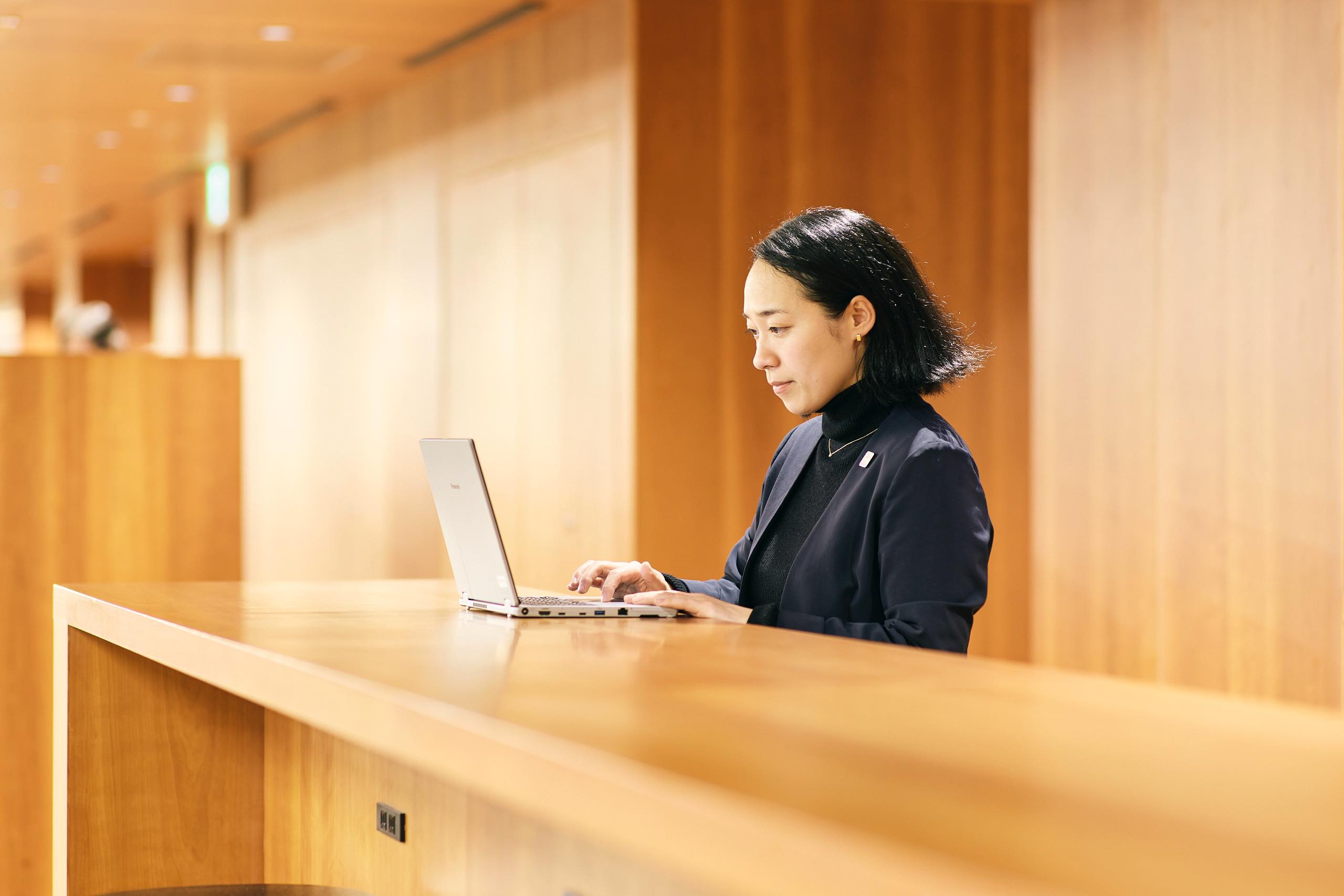
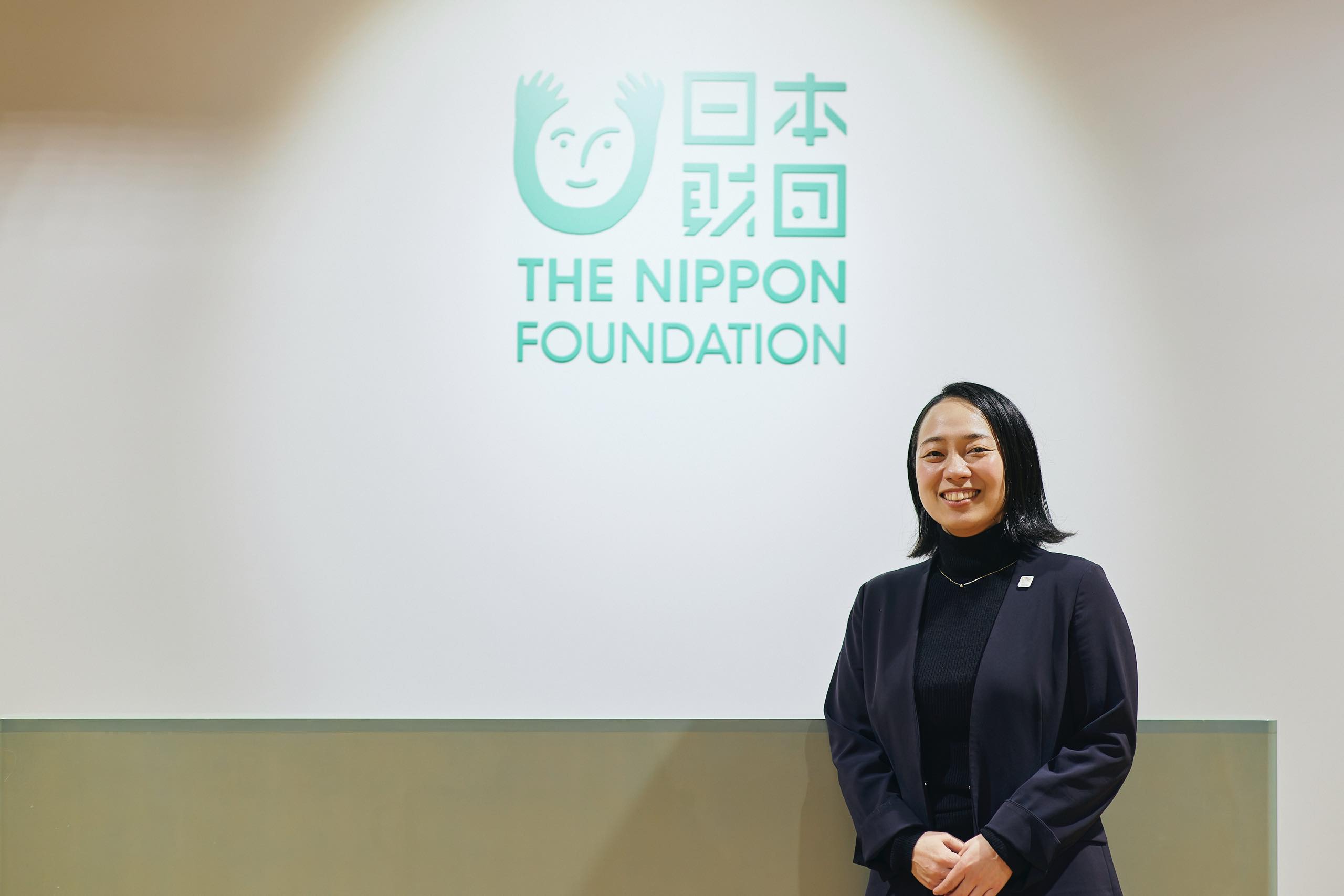
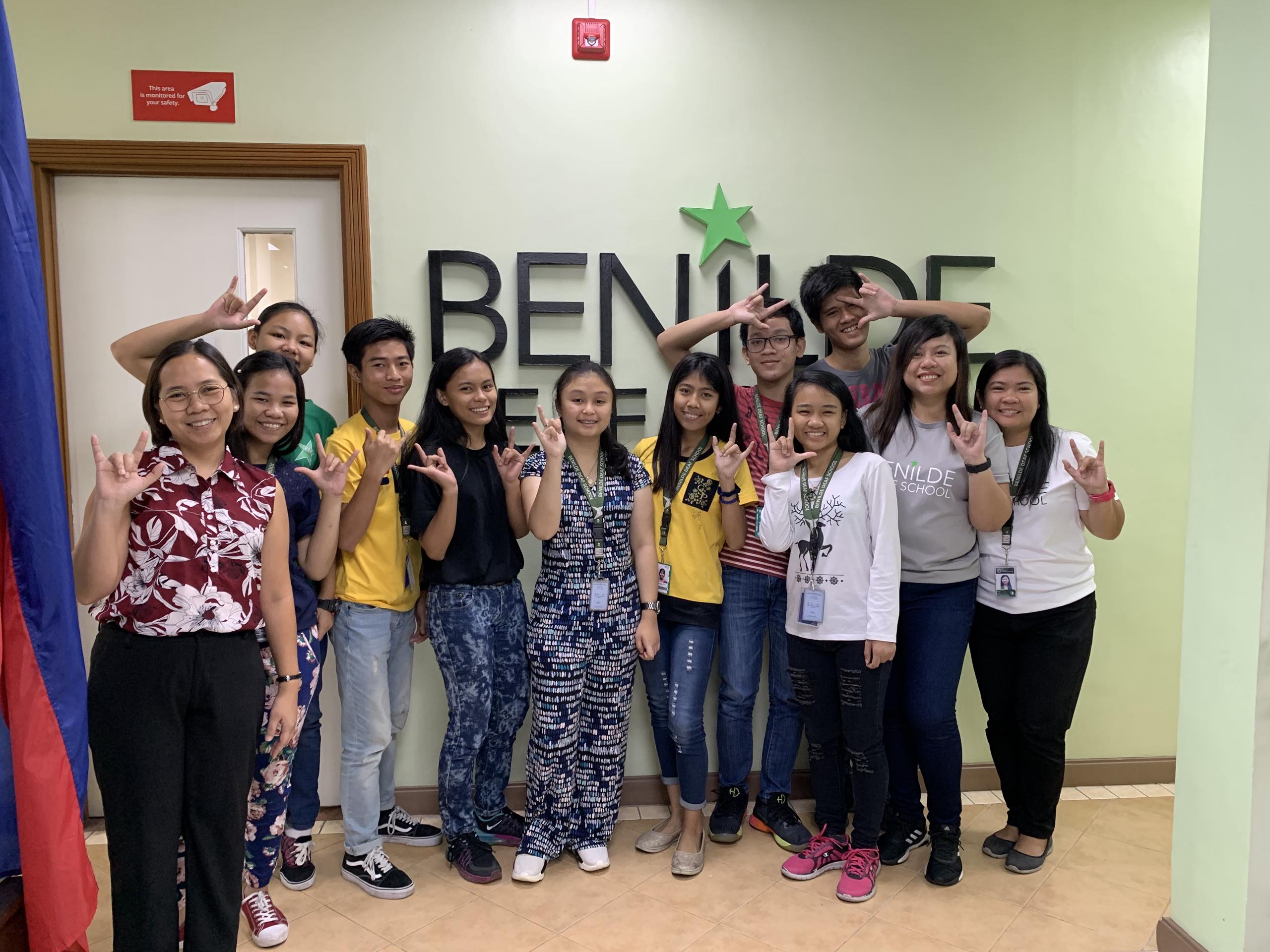
―What made you interested in children’s education?
Kawamata I managed to keep up with junior high school while going to the same school with the people who could hear, but I couldn’t keep up with high school because the content was too difficult. I lost the desire to study. Until then, I used to sit in the front seat and try my best to understand what the teacher was saying, but in high school, I didn’t bother to sit in the front anymore. Just as I was starting to wonder what the point of going to school was, and there would be no point in going to school because I wasn’t learning properly, I watched a documentary about elementary school brothers in Ghana on TV.
The brothers didn’t have a father, but a mother lying down due to sickness. There is no welfare system, and the brothers must earn money. They wanted to go to school, but they couldn’t, so they worked on a cacao farm from morning to night. When I saw that, there were children who wanted to go to school but couldn’t, and on the other hand even though I am in an environment where I can go to school, I leisurely go to school…. When I thought about school again, I realized that school is not only a place to learn academics, but also a place where you can learn social skills such as manners, theory, and cooperation by interacting with various people such as classmates and teachers. So, I wanted to create an environment where children like the brothers in Ghana could go to school.
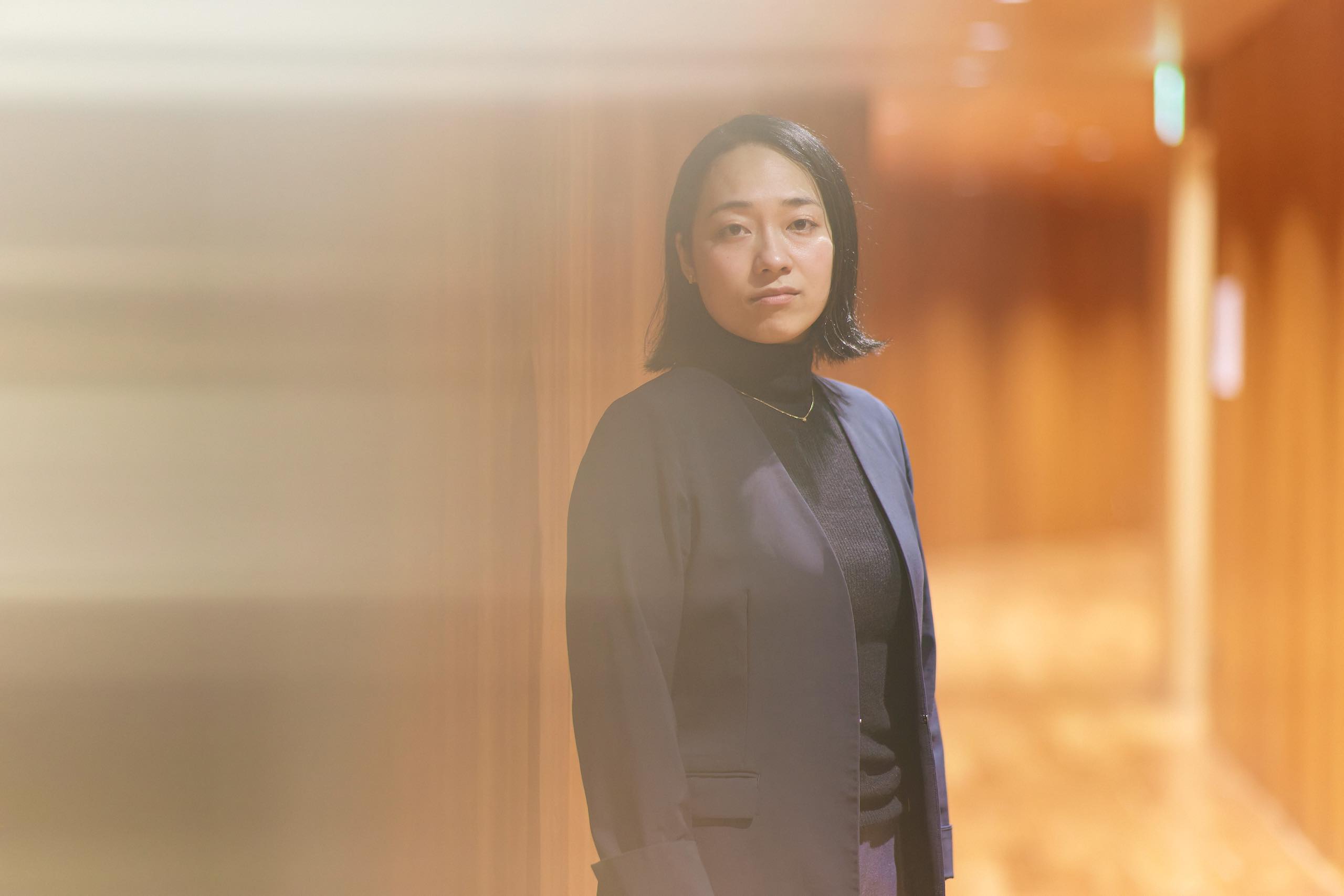
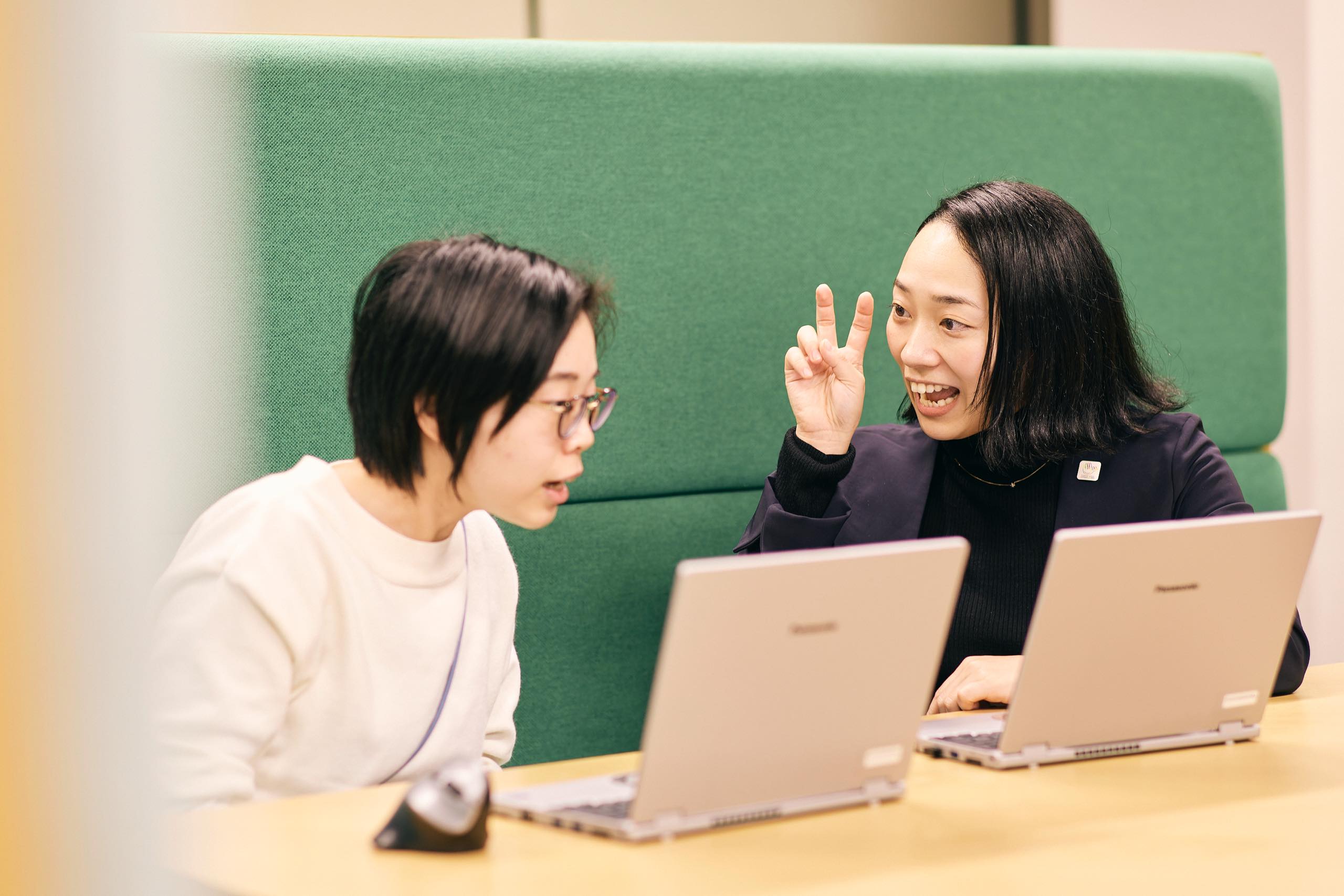
―Please tell us about your personal side from here. How do you often spend your day off?
Kawamata Recently, I’ve been attending most of the Deaflympics-related events, so I don’t have a day off (laughs). On my days off, I work on my vegetable garden at home. This summer, I grew bitter gourd, eggplant, cucumbers, tomatoes, etc., but they did not grow well due to the heat. Still, the bitter gourd, bell peppers, and chili peppers were okay. The vegetables that were difficult to eat grew very well, and it was difficult to grow what I wanted to eat (laughs).
―You hardly have any time to rest…. Do you get stressed out when you’re busy?
Kawamata I eat delicious food and go on trips, so that relieves stress. Two years ago, I went diving in Okinawa with a friend. The color of the sea in Okinawa is completely different. The same goes for the color of the sea itself, but the colorful colors of fish, rocks, corals, etc., and the unique movements of sea creatures are something that you can never see on land, and it is truly a different world! We could chat in sign language while diving, and it was a lot of fun.
―Diving in Okinawa sounds great. Are there any other places you went recently that left an impression on you?
Kawamata Goto Islands, located in western Nagasaki Prefecture. It’s also the birthplace of Neru Nagahama, who is also Tokyo 2025 Deaflympics ambassador. The scenery and food were good, especially the Goto udon noodles were delicious (laughs). Goto Islands has a history where Christians hide the fact that they were Christians as they would be persecuted for their faith, and I felt that it was a little linked to the painful history of being deaf (*), so I went around while studying about it. My husband often goes on trips with me, so I consult with him and decide where to go, but I often take what my husband suggests, “How about here?” and it was the same with Goto Islands. But when I went to the U.S. in May, I went to see two of my college classmates at my suggestion. It was my husband’s first time in the United States, and we went to Gallaudet University together, so it is a very good memory.
* At the Second International Conference on Deaf Education held in Milan in 1880, a resolution was passed to ban sign language in deaf education, which led to the exclusion of sign language from deaf education around the world. In Japan, the use of sign language in schools for the deaf was banned by the Minister of Education in 1933, and many deaf teachers were dismissed. It is said that it fostered prejudices in society such as “sign language is an imitation and inferior to Japanese language”, “Japanese cannot be learned by using sign language” and was not able to use sign language freely in schools and public places, and secretly used sign language. The resolution was officially rejected at the 21st session of the conference in Vancouver in 2010.
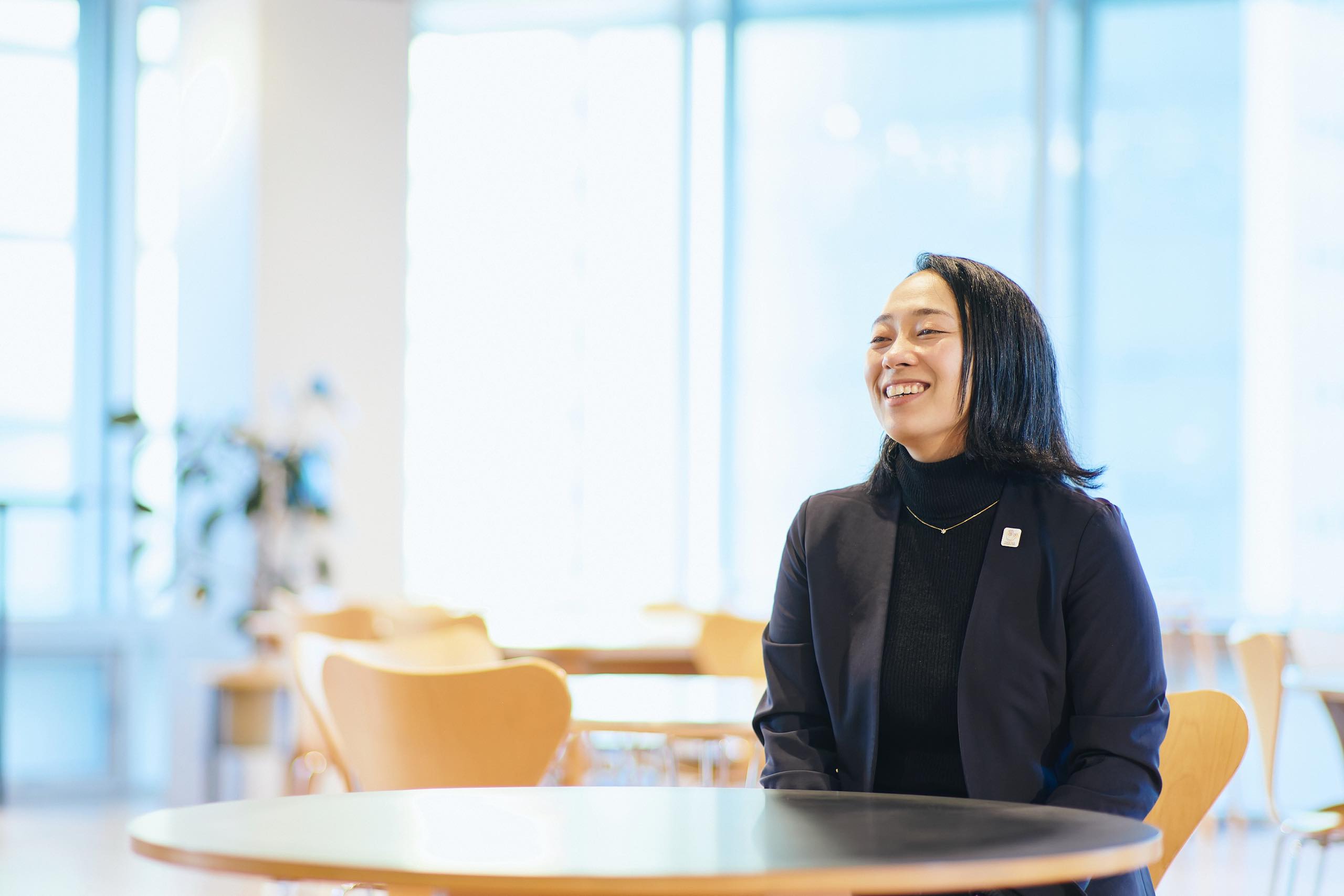
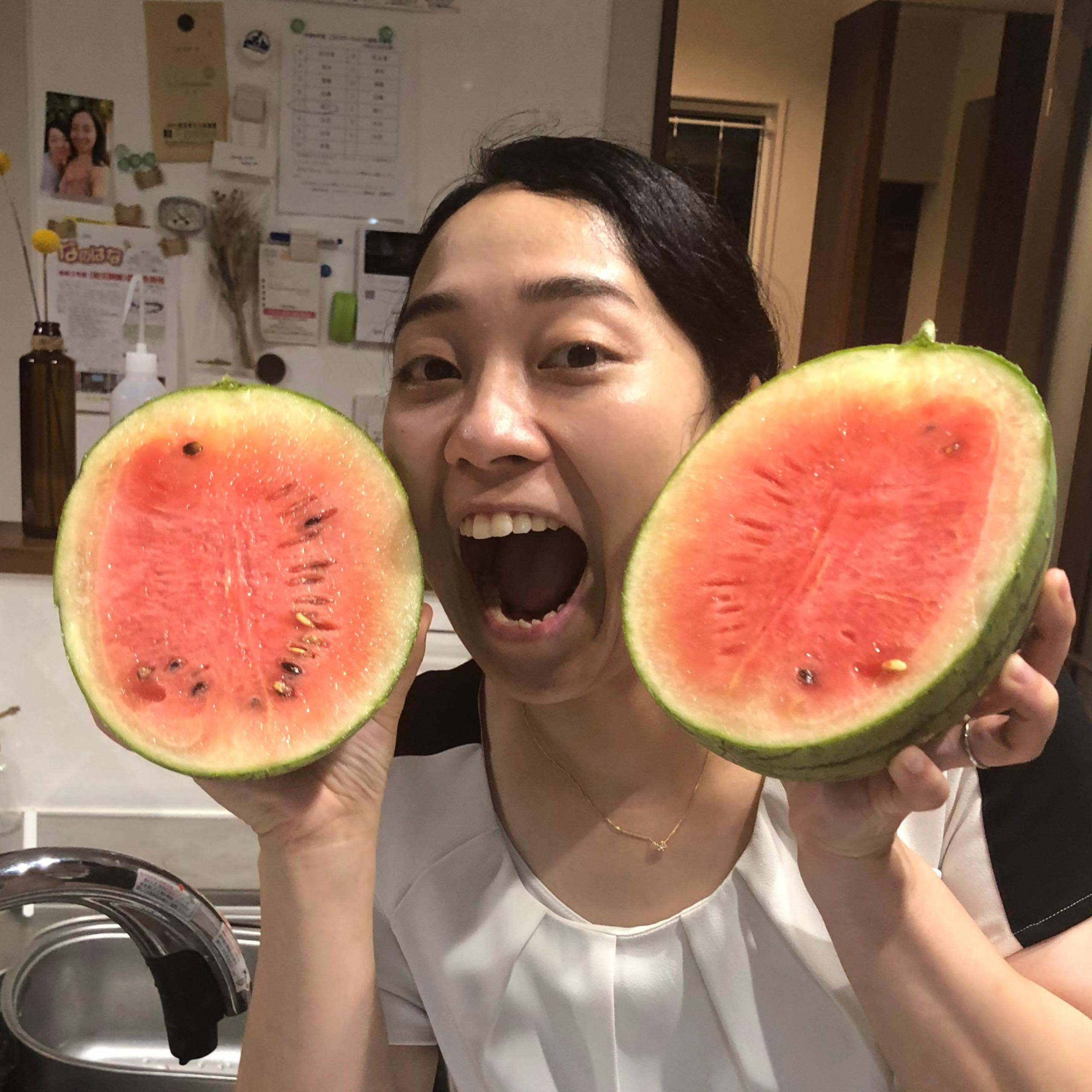
*Courtesy of Ikumi Kawamata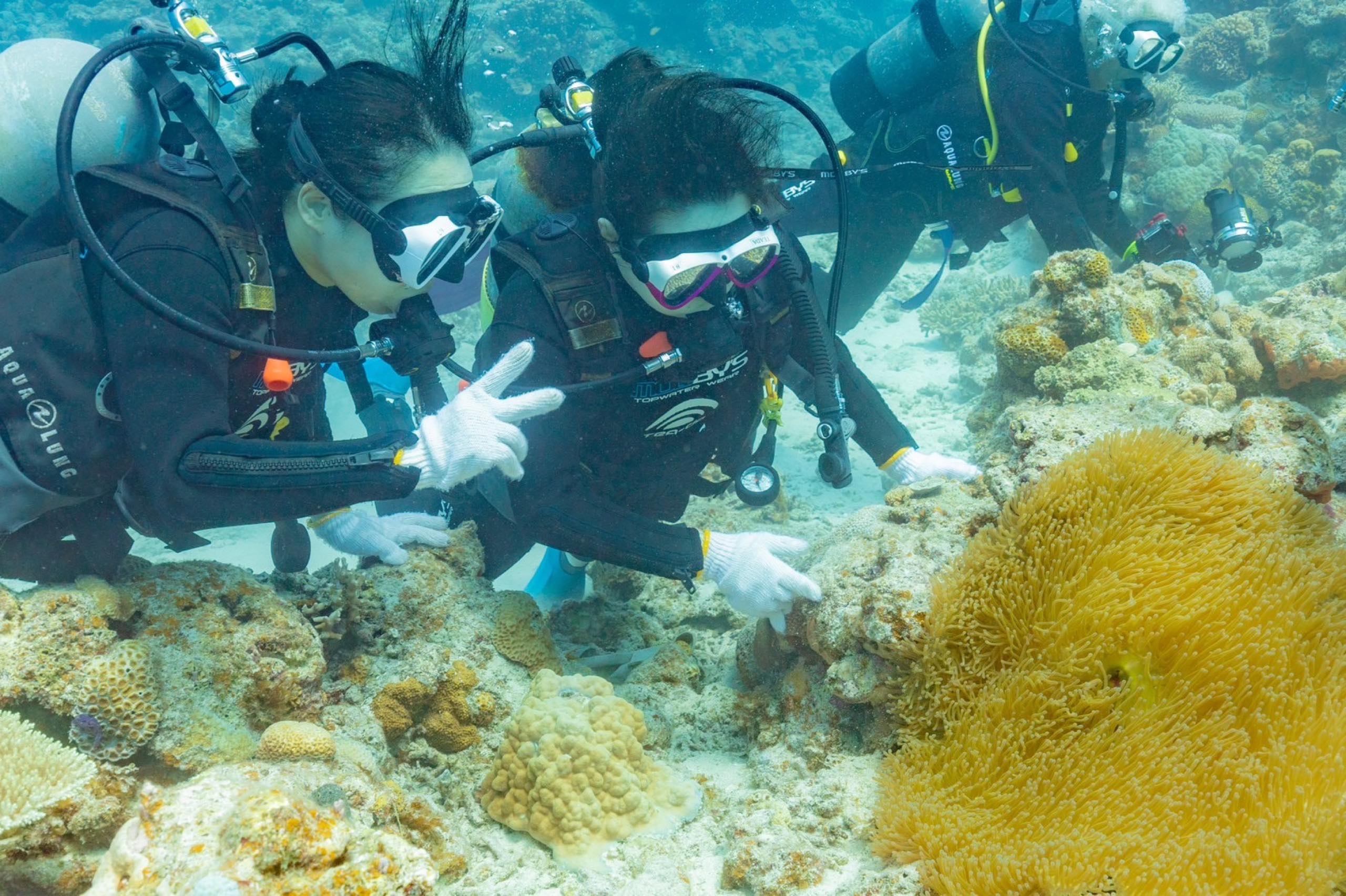
*Courtesy of Ikumi Kawamata
―On a more personal note, how did you meet your husband?
Kawamata My husband is from the same Utsunomiya area. My husband comes from a deaf family, and his father was the chairman of the Tochigi Hearing Impaired Association, so I actually knew my father-in-law before him. When I was a child, I heard that his son was also deaf, but I never saw him in elementary, junior high, and high school, and the first time I met him was when I returned to Japan for the summer vacation as a university student. At that time, I was under the impression that he was just the son of the chairman (laughs). After that, we had more opportunities to meet each other. After I graduated from university and returned to Utsunomiya and joined the youth section of the Tochigi Hearing Impaired Association, we started working together including event planning. Over time, we became close friends, and we got married as our future vision matched each other.
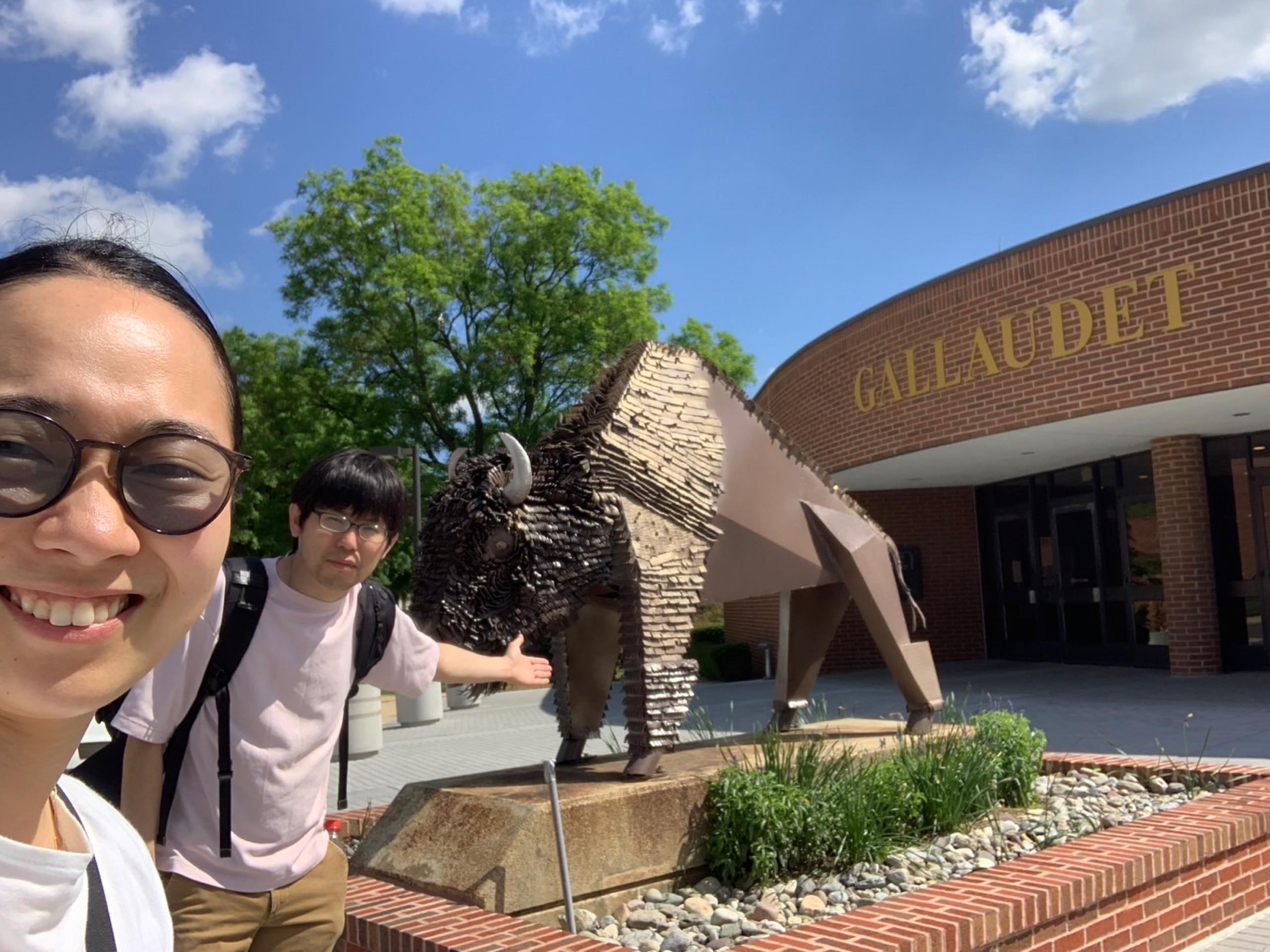
―Thank you very much for your time! On a different note, you participated in the Samsung 2017 Deaflympics as a support member. What was your impression at that time?
Kawamata When you arrive at the airport in Turkey by plane, you can see a PR video supporting the Deaflympics on the monitor inside the plane, and the Deaflympic emblem on the baggage carousel where you receive your luggage at the airport. In the city, the streetlamps on the roads were decorated with emblems, decorated limousine buses were running, and the whole city seemed to welcome the Deaflympics, and it seemed that the whole country was welcoming deaf people. We don’t see many opportunities like that, so I remember being proud and very happy as a deaf person.
The competition does not rely on sound, so all athletes can compete on an equal footing. Even if you are watching from the spectator seats, sign language is everywhere, so you can see everything that is happening with your own eyes. The athletes were able to concentrate on the competition, and the spectators cheering for them were having fun, and it was really that kind of atmosphere. I was really excited from start to finish.
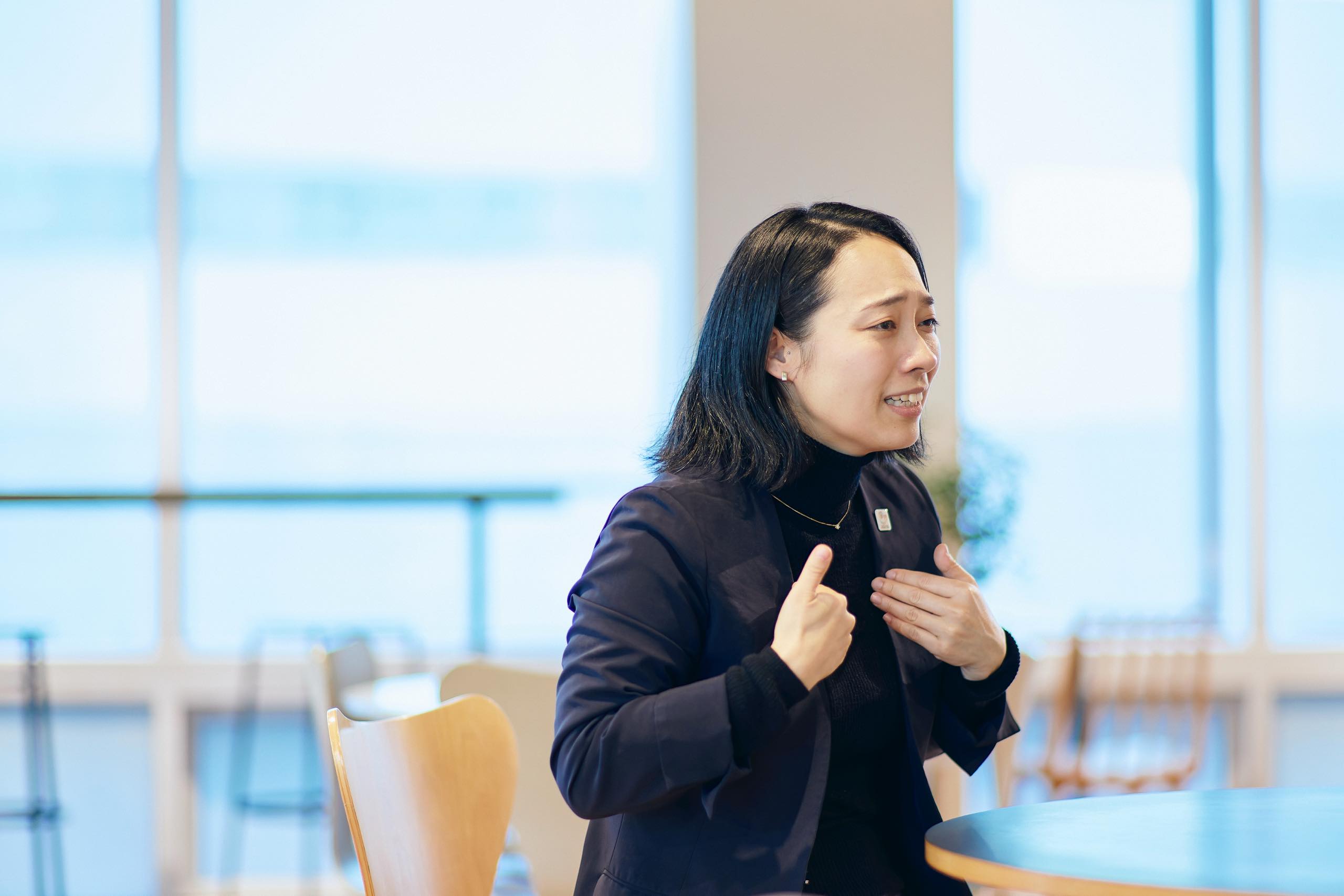
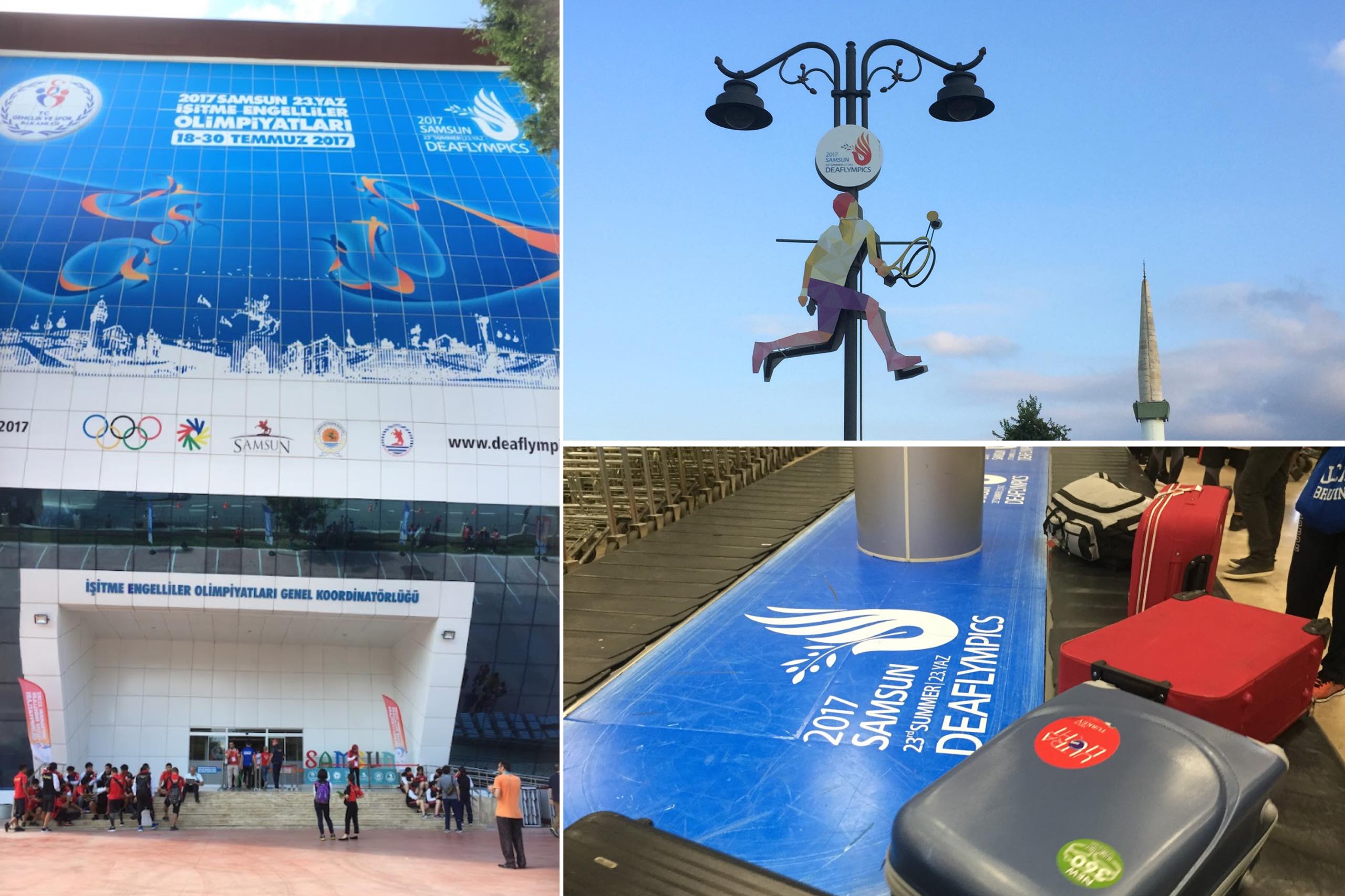
―You have been appointed as the Tokyo 2025 Deaflympics Ambassador. How did you feel when you heard about the offer?
Kawamata I was really surprised. I can use international sign language, so I thought I could help in some way, but I didn’t expect to be a support ambassador. There are a lot of active people who are deaf, so to be honest, I was very worried about whether it should be me.
―What was the reason for your decision to accept the offer?
Kawamata I was very worried, so I consulted with various people, including the Tokyo Metropolitan Government, Japanese Federation of the Deaf, my boss at work, and my family. One of the things they said was that I would be a good role model for children with deaf and hard of hearing. Nowadays, the number of children attending schools for the deaf is steadily decreasing, and many of the children who cannot hear go to local schools for the hearing. Therefore, the opportunities to meet adult deaf people are more limited than those of children in deaf schools. I myself went to a local school, and it was close to the environment where deaf and hard-of-hearing children are placed today, but I wanted people to see deaf adults working as a good role model.
Also, just because you’re an ambassador doesn’t mean you have to be able to do everything. It is important to create an environment where you can demonstrate your abilities 100%, but I believe that there are still many things that I cannot do and that I am lacking. However, I think it would be wonderful if we did not solve all of these problems by ourselves, but rather ask the people around to help you and rely on each other to create them. I think that’s what an inclusive society is all about. That’s why I want people to see a diverse range of deaf people and meet many role models. I came to the idea that it would be good if I could show them how to rely on each other in society as one of their role models, and I respectfully accepted the offer.
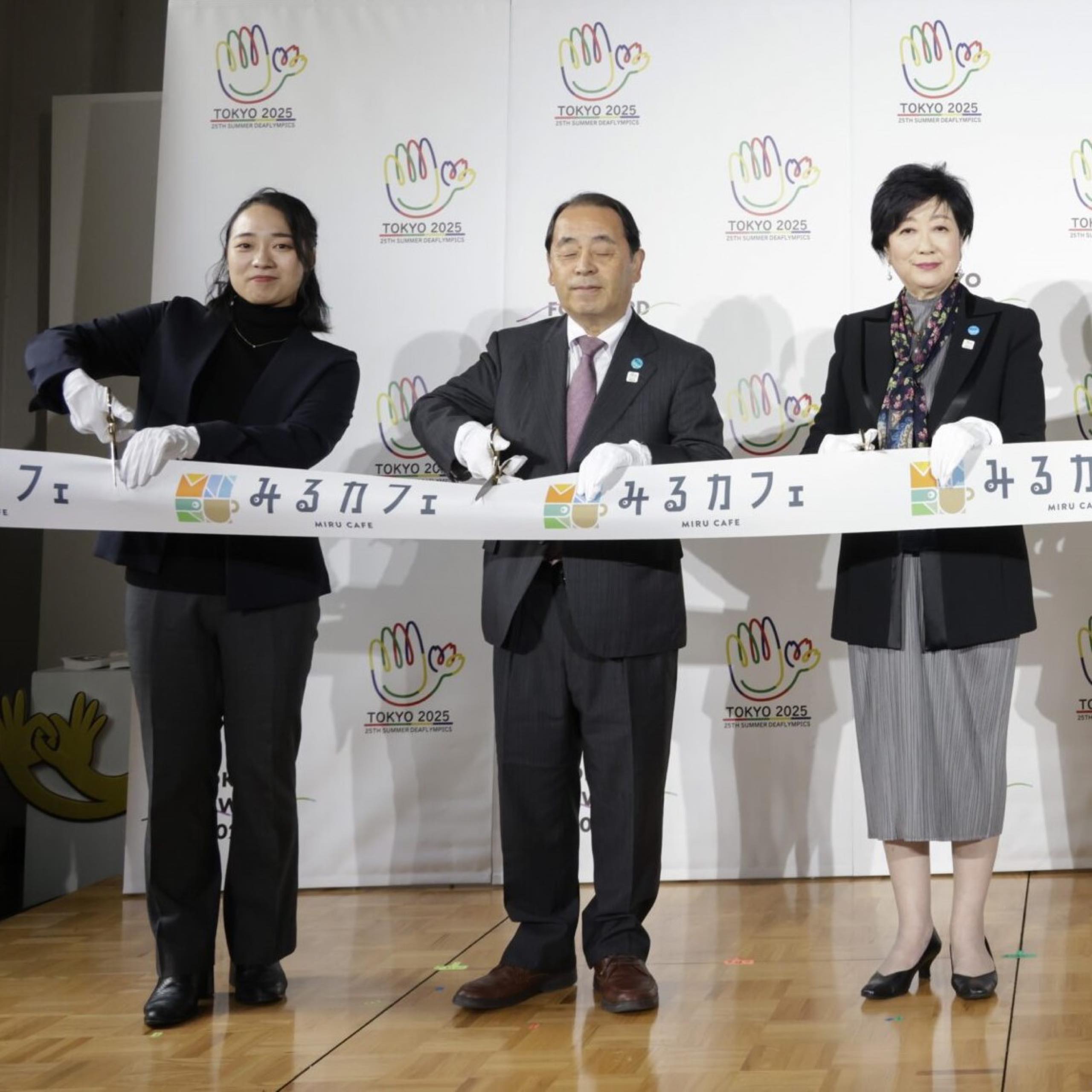
―It seems that a society where you can rely on each other is easier to live in. What do you want to focus on as a support ambassador?
Kawamata I would like to go to various places, meet many people, and tell everyone about the Deaflympics, deafness, and sign language. I think there are many people who have never met a deaf person or have never seen Deaf Sports, so I hope that the Deaflympics will spark an interest in the Deaflympics and eliminate the assumption that deaf people have that they are “pitiful” and “only difficult.” The best way to get to know them is to meet those people who can’t hear. Thankfully, I have received requests from various places to give lectures and appear at events, so I would like to continue to visit and interact with them as much as possible.
―Is there anything that left an impression on you from your interactions with the children?
Kawamata The other day, I went to an elementary school in my hometown of Utsunomiya to give a lecture. When I asked the children what they thought after the event, one of them said, “I thought it would be very difficult and very painful to be deaf, but no, there are so many fun things to do.” I was so happy to hear this that I almost cried.
――That’s a nice word. I think the children will be able to interact with you and have the same feelings that you once had for Mariko Takamura.
Kawamata I hope so. When I was little, I was worried about what I could become in the future. Even if you watch TV, there are only hearing people there, and there are few opportunities to encounter deaf people, and there are only people who can hear everywhere, including nearby shops, hospitals, and schools. I didn’t have a chance to meet any deaf people at work, so I was very worried…. That’s when I met Mariko Takamura and I remember feeling very relieved that I could become like her. That’s why I want the children to feel “I don’t need to worry” . To that end, I will continue to share more and more of the fun things that I feel.
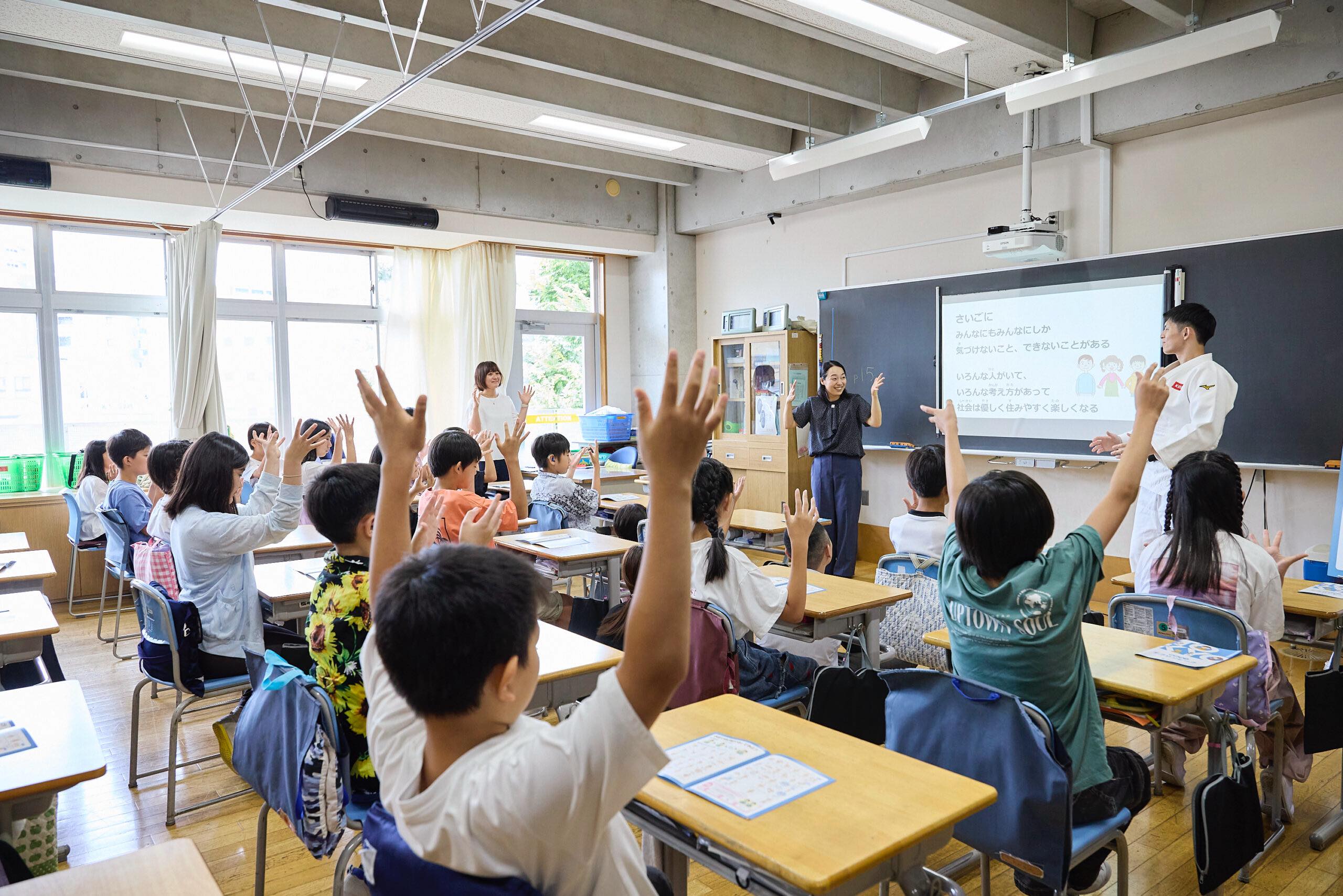
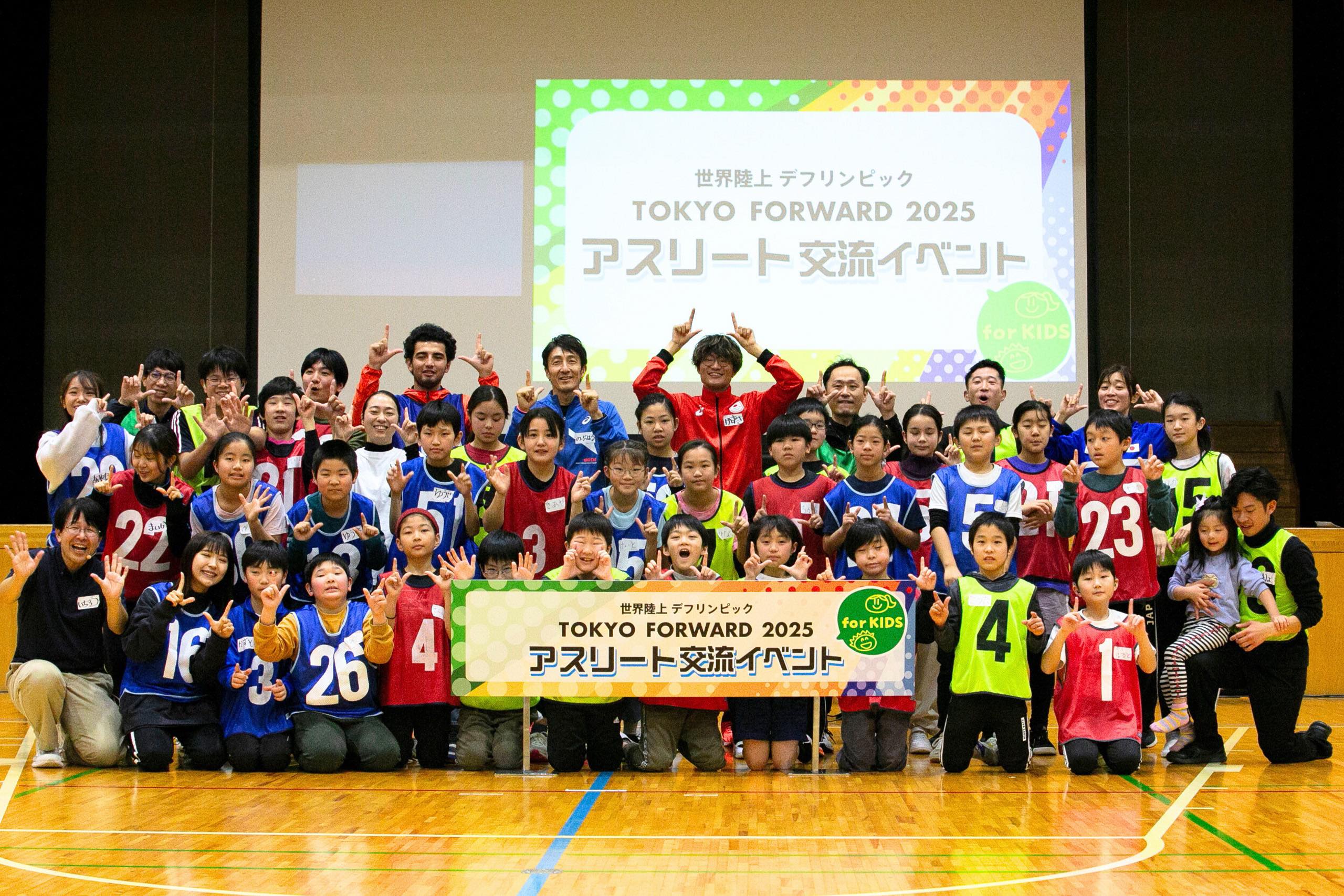
―By the way, I think you talked to your husband about becoming the ambassador, but what was his reaction?
Kawamata He said very simply, “Oh, it’s fine. If you’re not sure, why don’t you just try it” (laughs). When I asked if he will be fine if I become very busy, he said “That’s fine”. My husband has an easygoing personality, and he’s quite the opposite of me.
―It was that easy (laughs). Are there any Deaf Athletes who you interact with?
Kawamata The Samsung 2017 Games created interactions with athletes, so I know most of the athletes who appeared in TOKYO FORWARD 2025 “ATHLETE ~Meet the athletes~“. Another athlete with whom I am particularly close is Takanori Horiguchi. He is a decathlon athlete in deaf athletics, and recently won second place in the World Games of Deaf Athletics in Japan. We are close with everyone in his family.
―Are there any events that you are looking forward to?
Kawamata I’m looking forward to all of them, but I’m very interested in shooting, taekwondo, handball, and wrestling, which Japan have never participated in before. The other day, I heard that tryouts were held and promising players were found. If a Japanese athlete participates for the first time, it will be the beginning of a new history, and maybe more people will come to watch it. That’s what I’m looking forward to, and I’d love to go see it.
―A historic tournament celebrating its 100th anniversary will be held in Tokyo for the first time in Japan. What are your expectations?
Kawamata When I participated in the Samsung 2017 Games, I was truly moved beyond words, and there were many things that made me glad that I was deaf. In an environment where there are deaf people not only among the athletes, but also among the staff, volunteers, and the top of the management system, I was impressed to see that the athletes were able to concentrate on the competition and compete genuinely. This time, it will be held in Tokyo. Deaf athletes from all over the world will gather to watch world-class battles. It would be great if we could show those deaf athletes involved in such competitions to the deaf children as role models. People with disabilities, not just deaf people, are inevitably seen as poor or difficult, but I hope that we can show that this is not the case with the power of sports and the Deaflympics.
The Deaflympics are positioned as an international sports event for people who cannot hear in the first place, but I hope that this will be an opportunity to create a society that is beneficial to various people as a result. If we look at society so far, the majority of numerical theories have inevitably taken precedence, and minority people with disabilities have taken a back seat. Even if the lid was put on because it was a small number of people or because it would not be a business, there are many things that will actually be convenient for the majority if you actually specialize in it. I hope that many of these things will be created from the Deaflympics, and that it will help create a society where everyone can live comfortably, and I would like to do so.
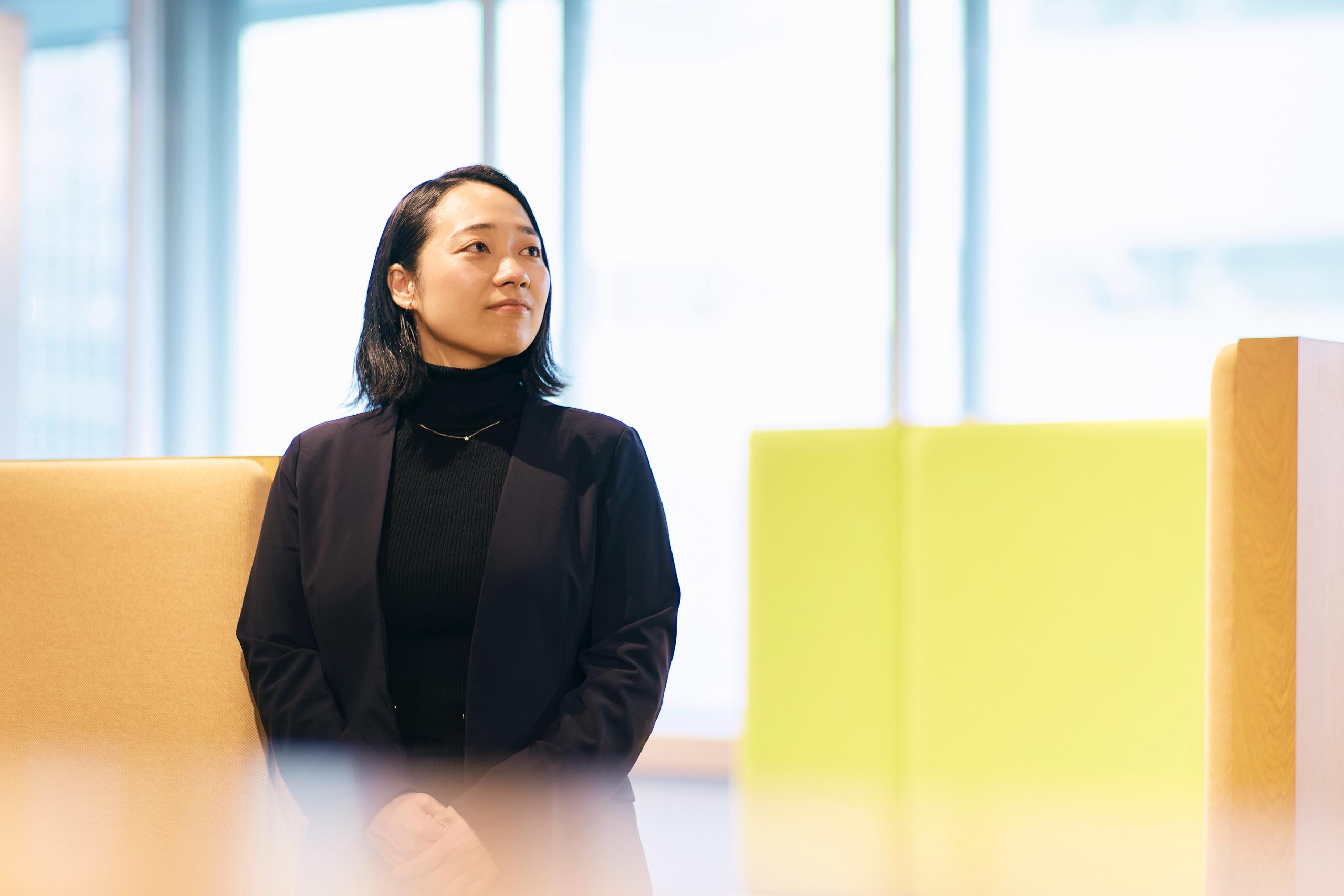
―Thank you very much for sharing your story with us. Finally, do you have a message for our readers?
Kawamata The Deaflympics are a competition that brings together the world’s top deaf athletes. It will be held in Tokyo, a place where everyone can go and watch it. At the tournament, you can see the athletes and staff concentrating on the competition using various ideas without relying on sound. It’s going to be a lot of fun, and I’m sure there will be a lot of emotional moments, so be sure to come and see their brilliant performance with your own eyes!
In addition to watching the competitions at the venue, I would also like you to enjoy interacting with the athletes and staff. You can use gestures, apps that transcribe speech, etc., or feel free to talk to them. There will be many new realizations and discoveries. I hope that such wonderful encounters will occur at the Tokyo 2025 Deaflympics, which will change everyone’s future even a little. I look forward to seeing you at the venue! If you happen to see me, please let me know (laughs).
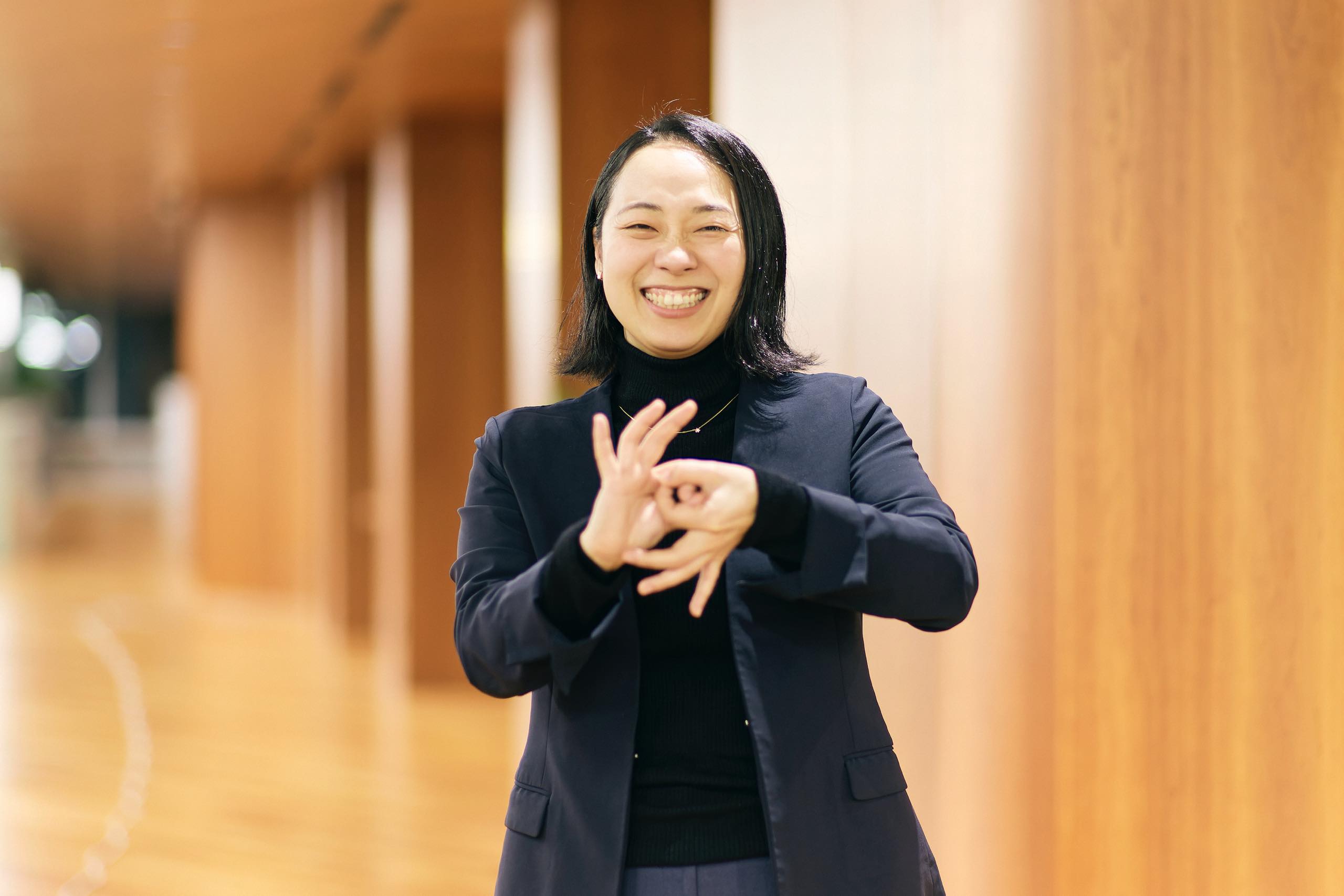
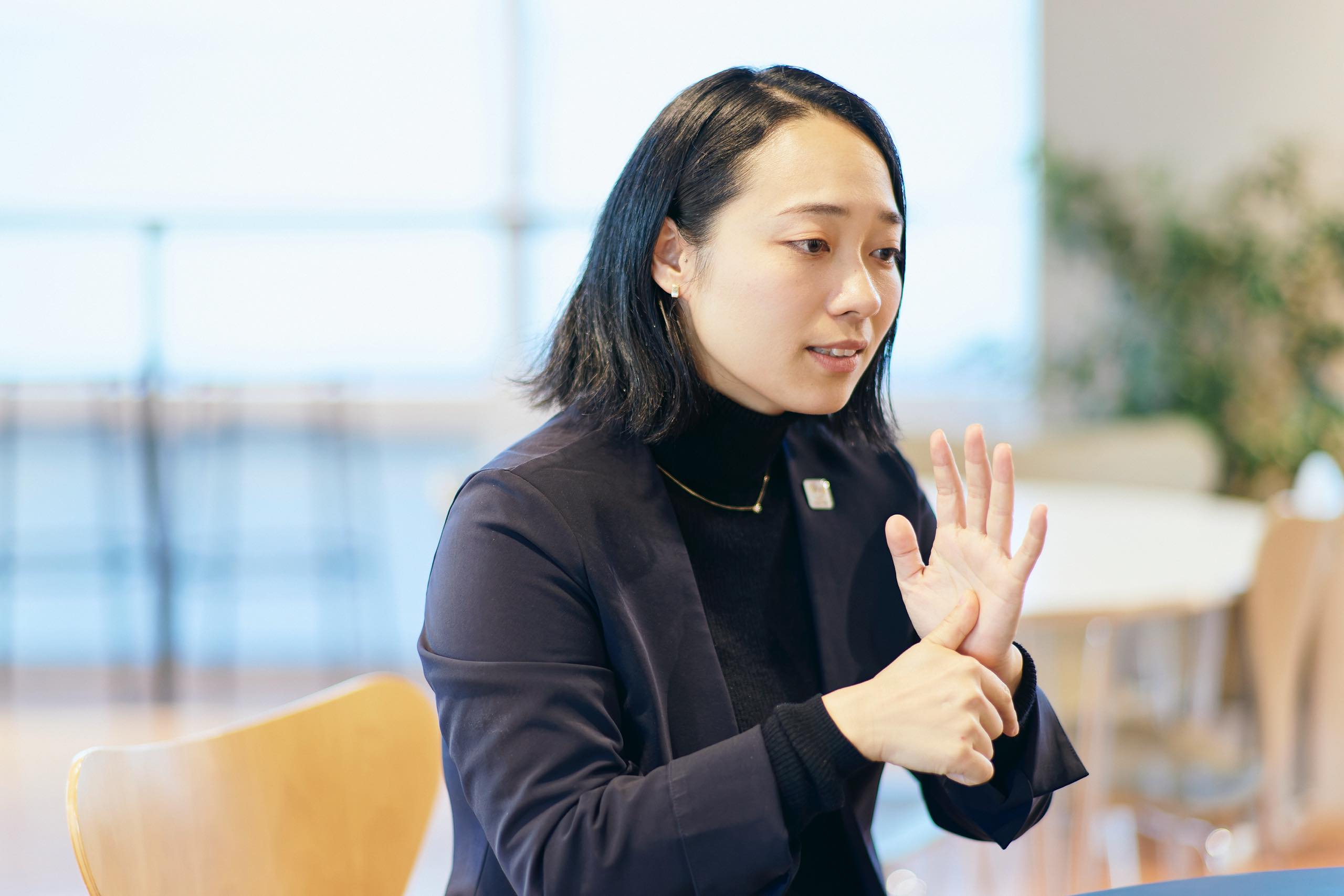
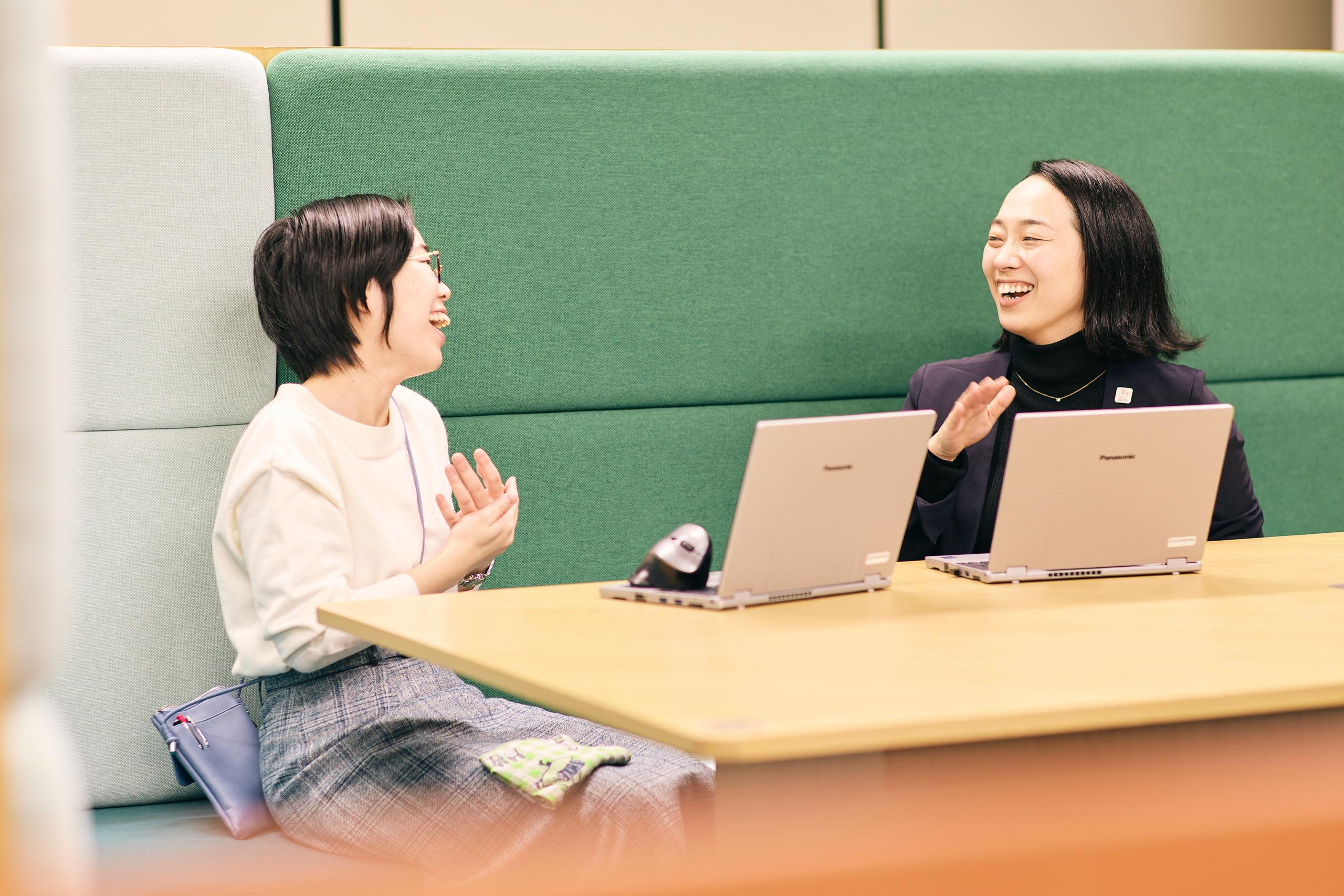
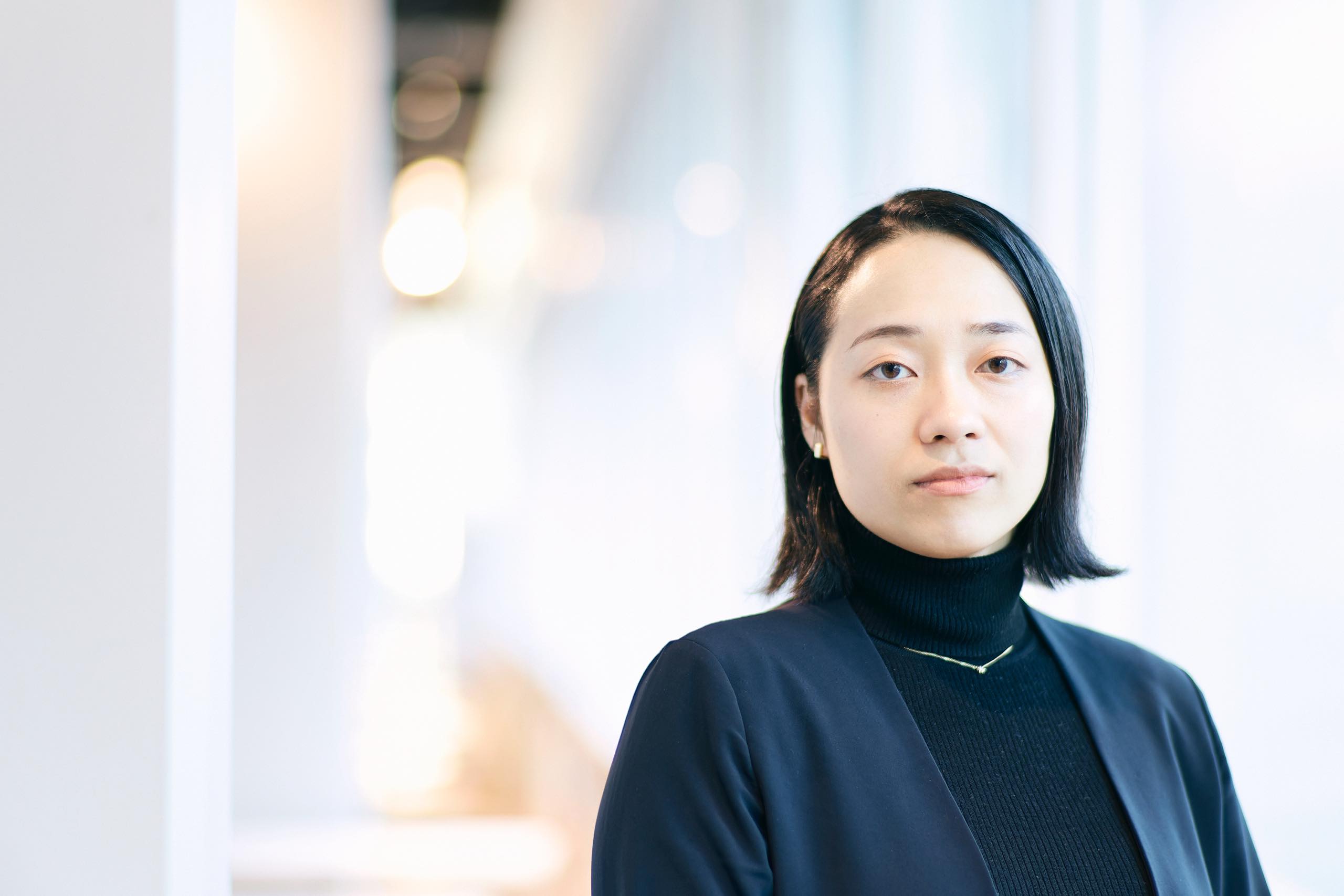
Ikumi Kawamata/Born in Tochigi Prefecture in 1989
Nippon Foundation Staff |Tokyo 2025 Deaflympics Ambassador
She became deaf at the age of three when she had a high fever. She went to the U.S. as a 5th year student of the Nippon Foundation Scholarship Program for Deaf and Hard of Hearing Students Abroad, and graduated from Gallaudet University with a B.A. in Social Work. She continued on to complete her Master’s degree in Public Administration and International Development at the same university. She has been in charge of coordinating support projects for the deaf in Asia at the Nippon Foundation. She is a member of the board of directors of the Tochigi Hearing Impaired Association. She participated in the Deaflympics in Samsung as support staff for the Japanese delegation.
Instagram:ikumi_kawamata
text by Rieko Kimura
photographs by Uta Mukuo
2025.10.09
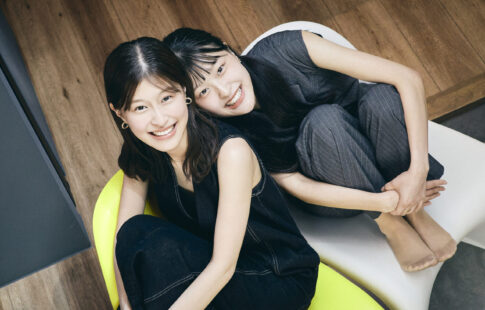
目次Until I accept my “Deaf self”A new scenery opened up by challengesBehind the 1 million You Tube […]
2025.10.09
目次Until I accept my “Deaf self”A new scenery opened up by challengesBehind the 1 million You Tube […]
2025.08.06
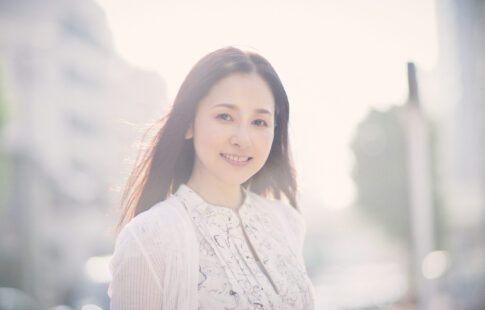
目次I was told that “I didn’t want to be born into a house like this”Hokkaido→ Yokohama→ Nagoya→ Yokohama […]
2025.08.06
目次I was told that “I didn’t want to be born into a house like this”Hokkaido→ Yokohama→ Nagoya→ Yokohama […]